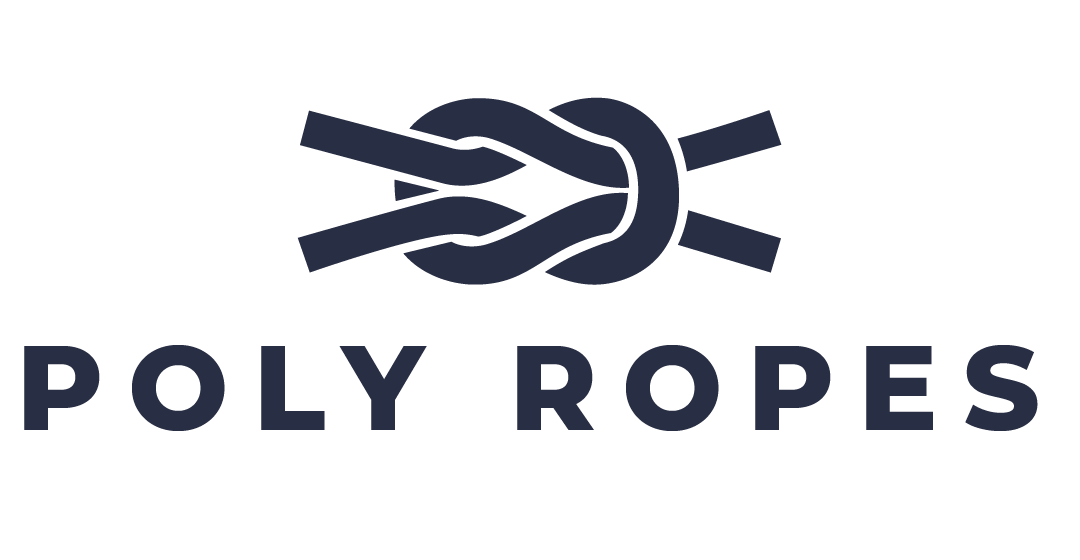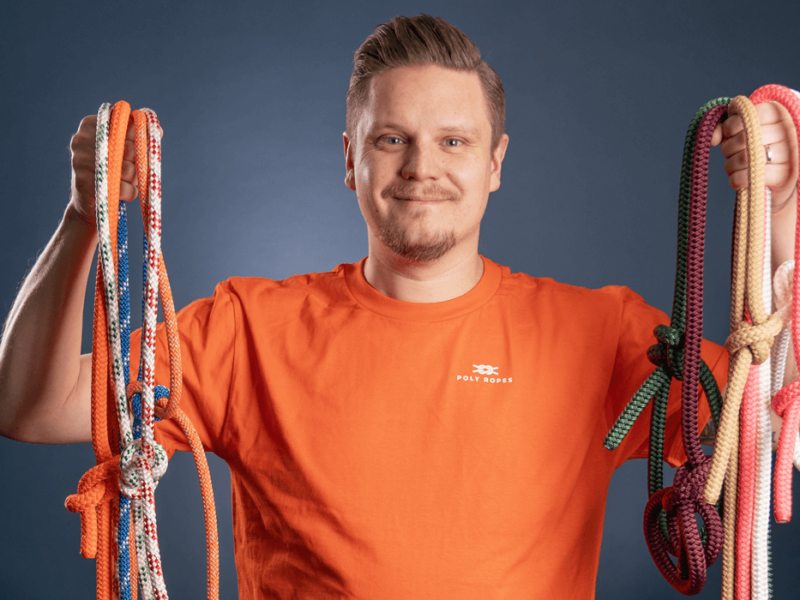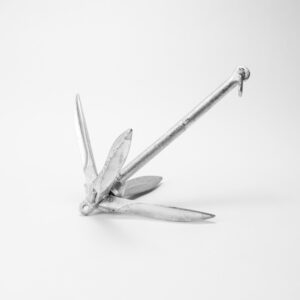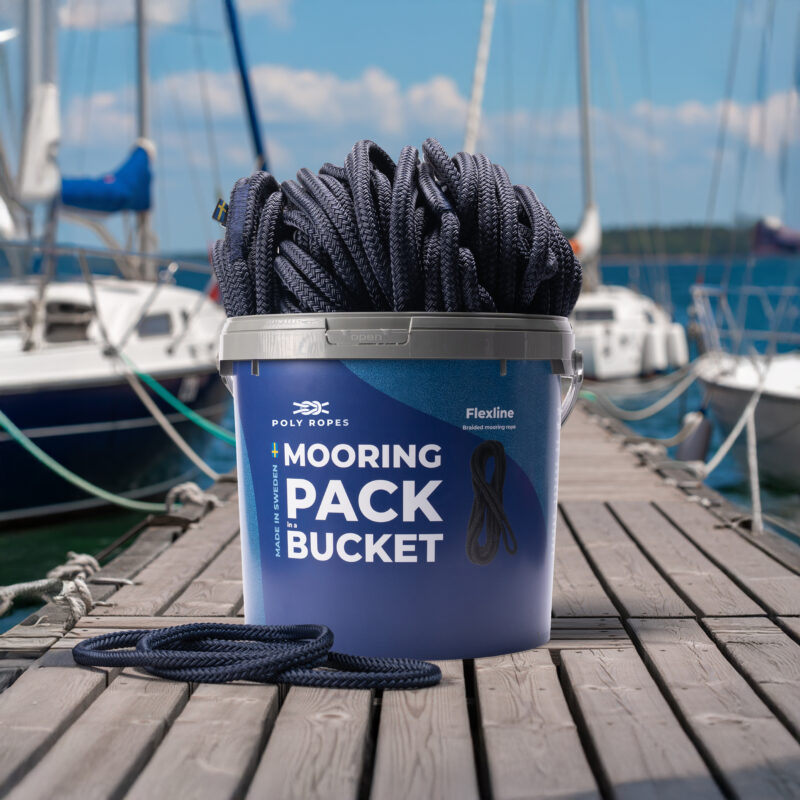Which boating knot do you want to learn?
Bowline
The Bowline, or 'King of Knots' as it is sometimes called, is one of the most common knots.If you are looking for a knot with a secure loop, the bowline is what you want. It is a strong and reliable knot as it doesn't unravel easily. It is easy to untie even after being placed under high strain, compared to other knots which can become quite tight. The Bowline is often used when docking/mooring.
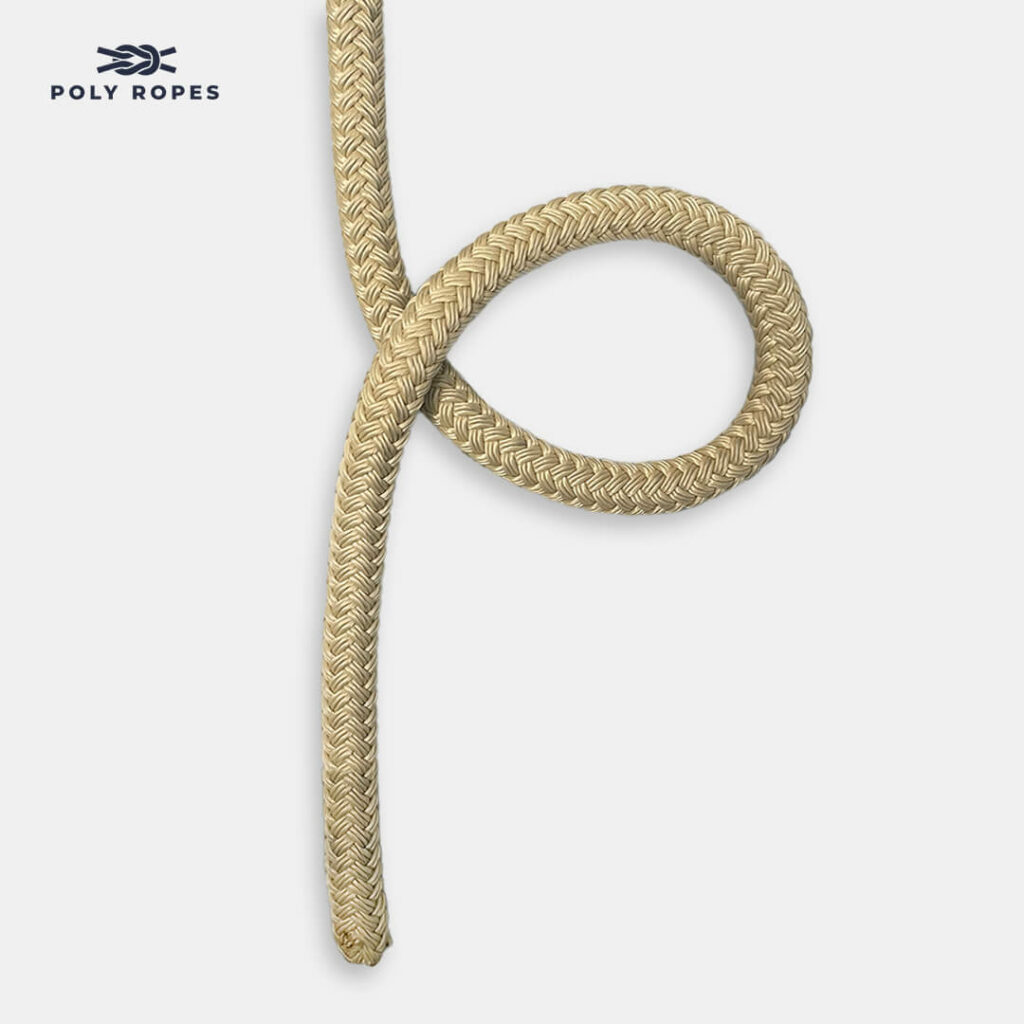
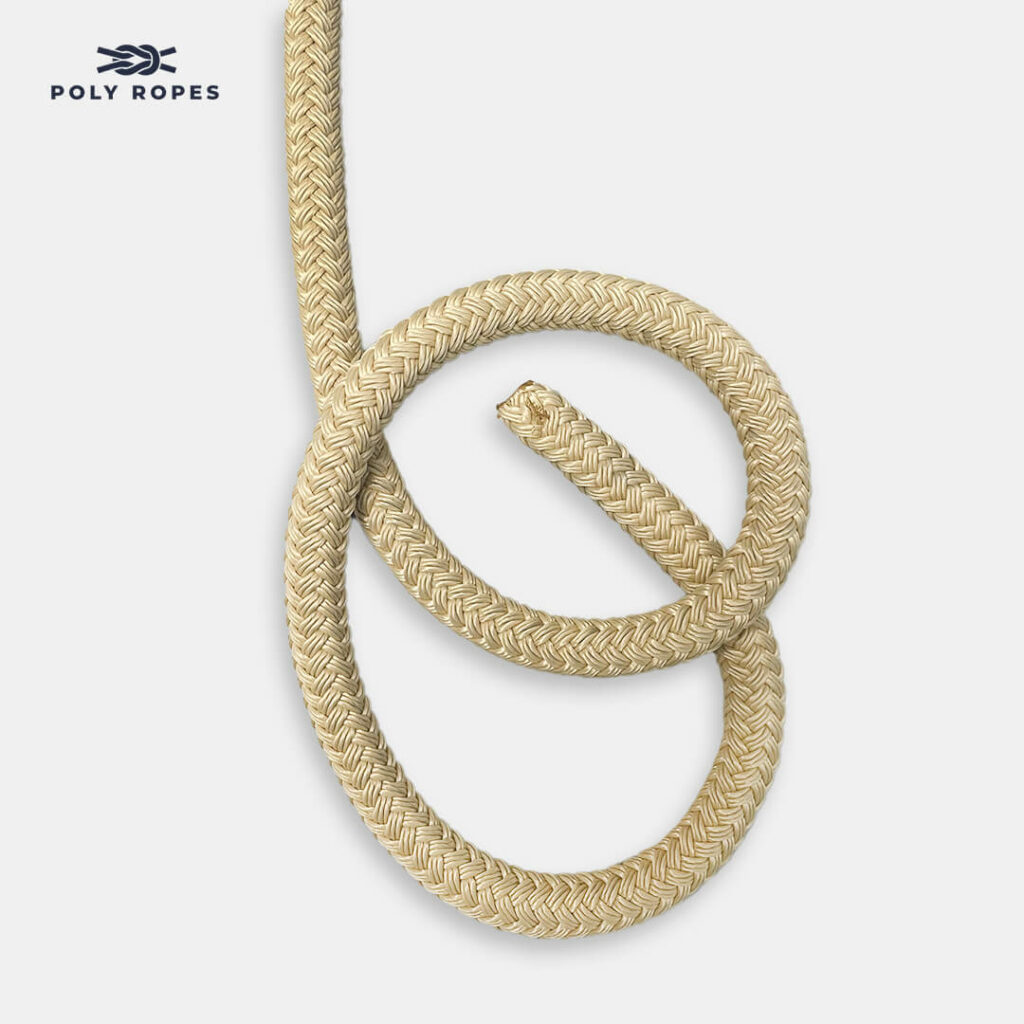
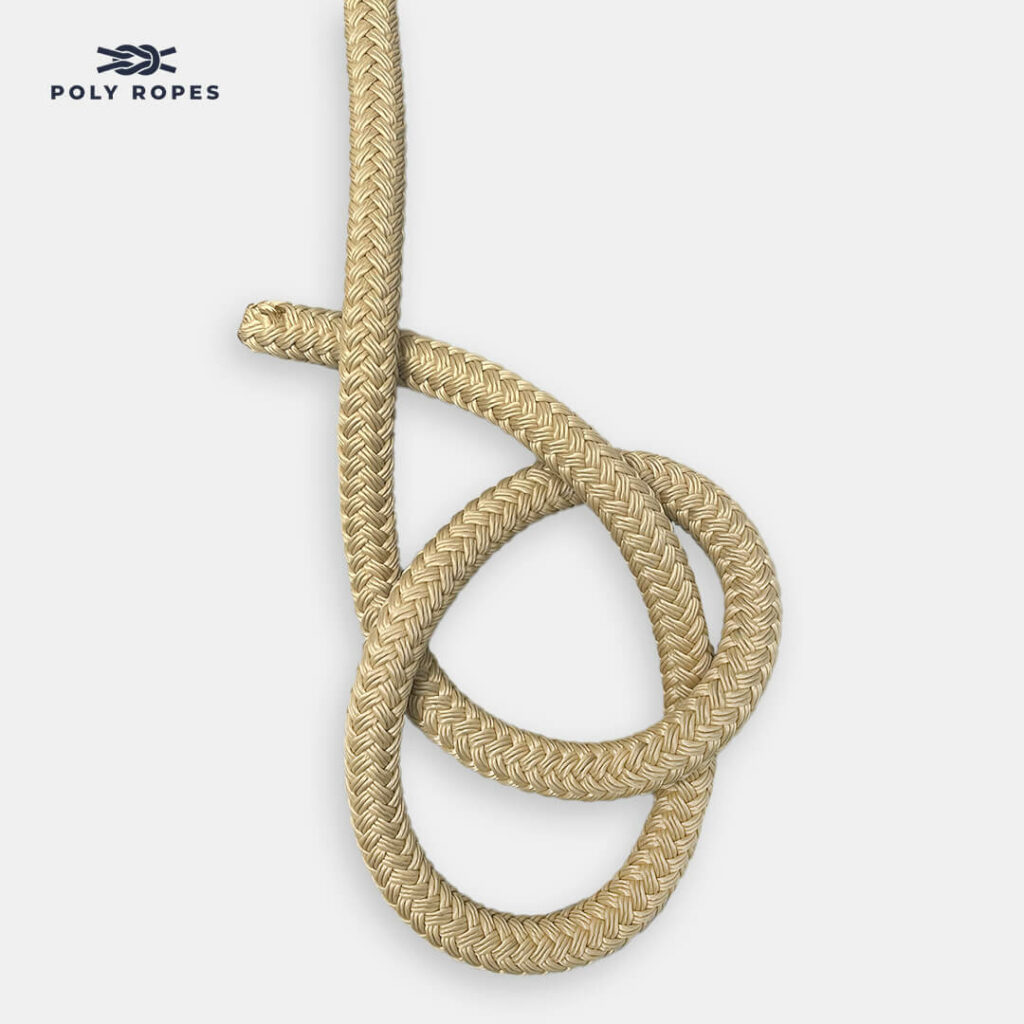
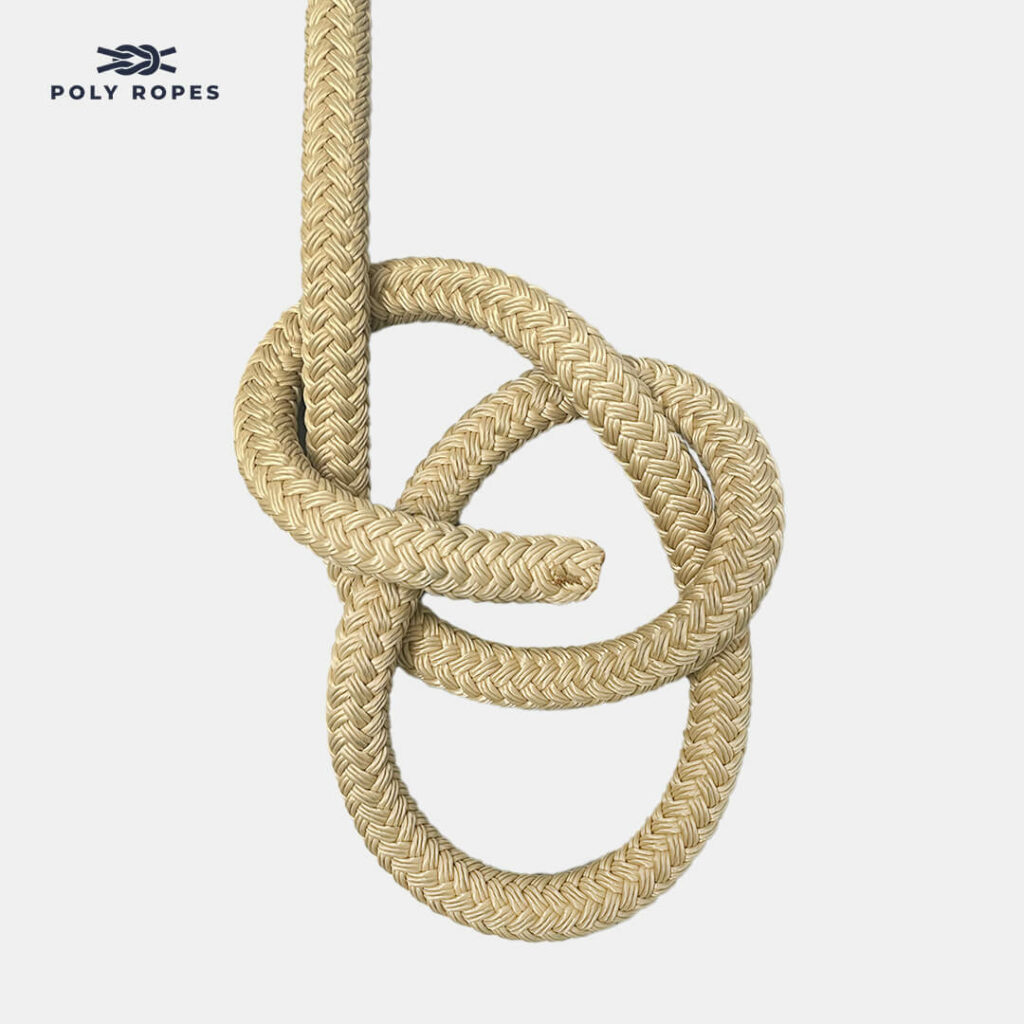
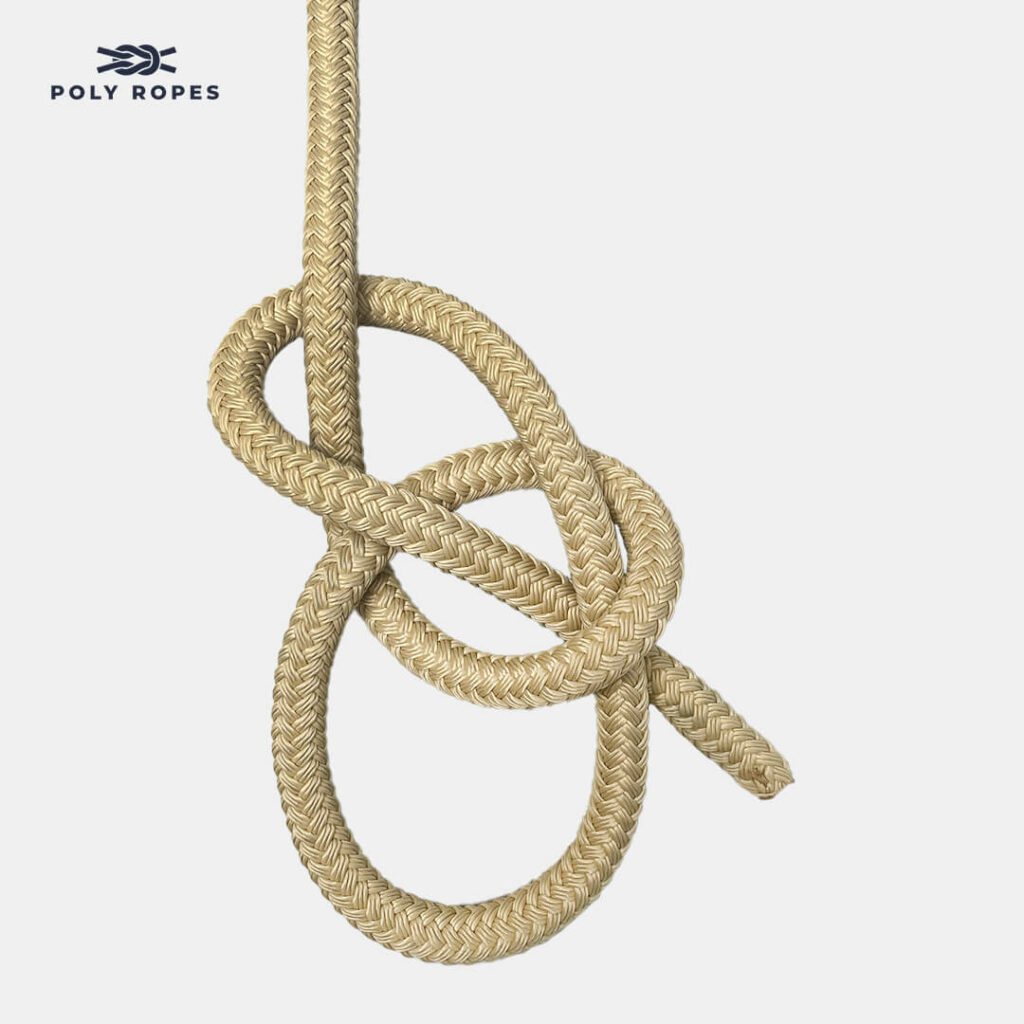
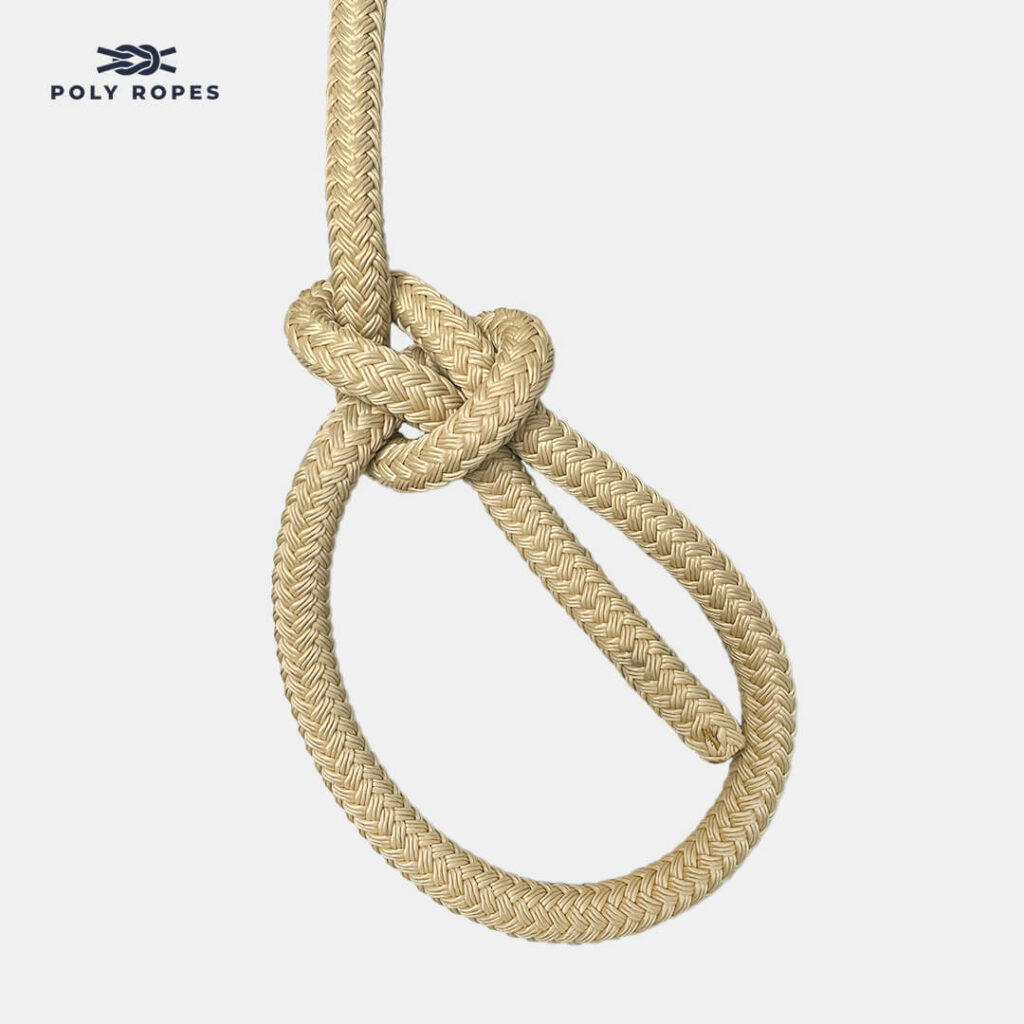
Double half hitch
The Clove Hitch is a easy and strong knot that is often used when docking at a bollard, ring or tree. A tip is to pull the line two turns before tying the knot. This will decrease pressure on the knot slightly as it can otherwise become very tight when strained. Remember that this knot can become unravelled when under uneven load.
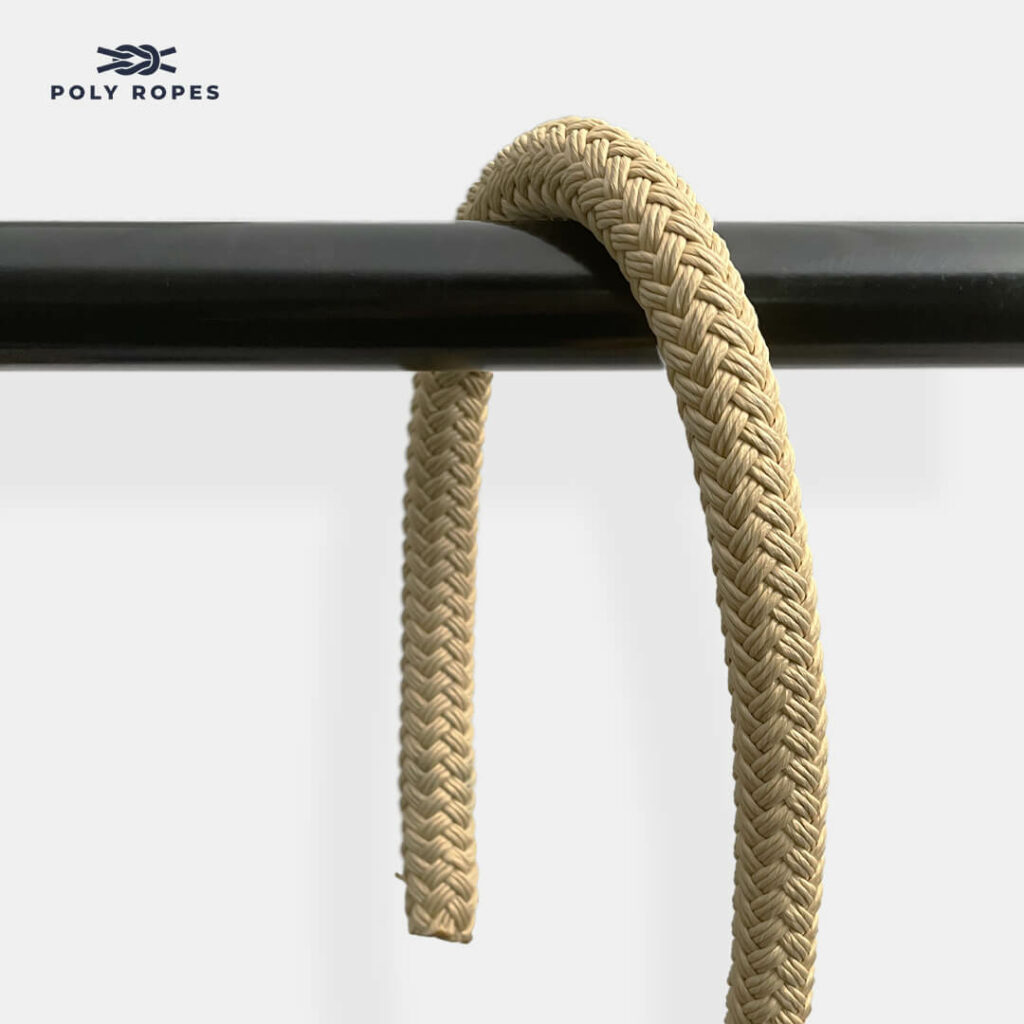
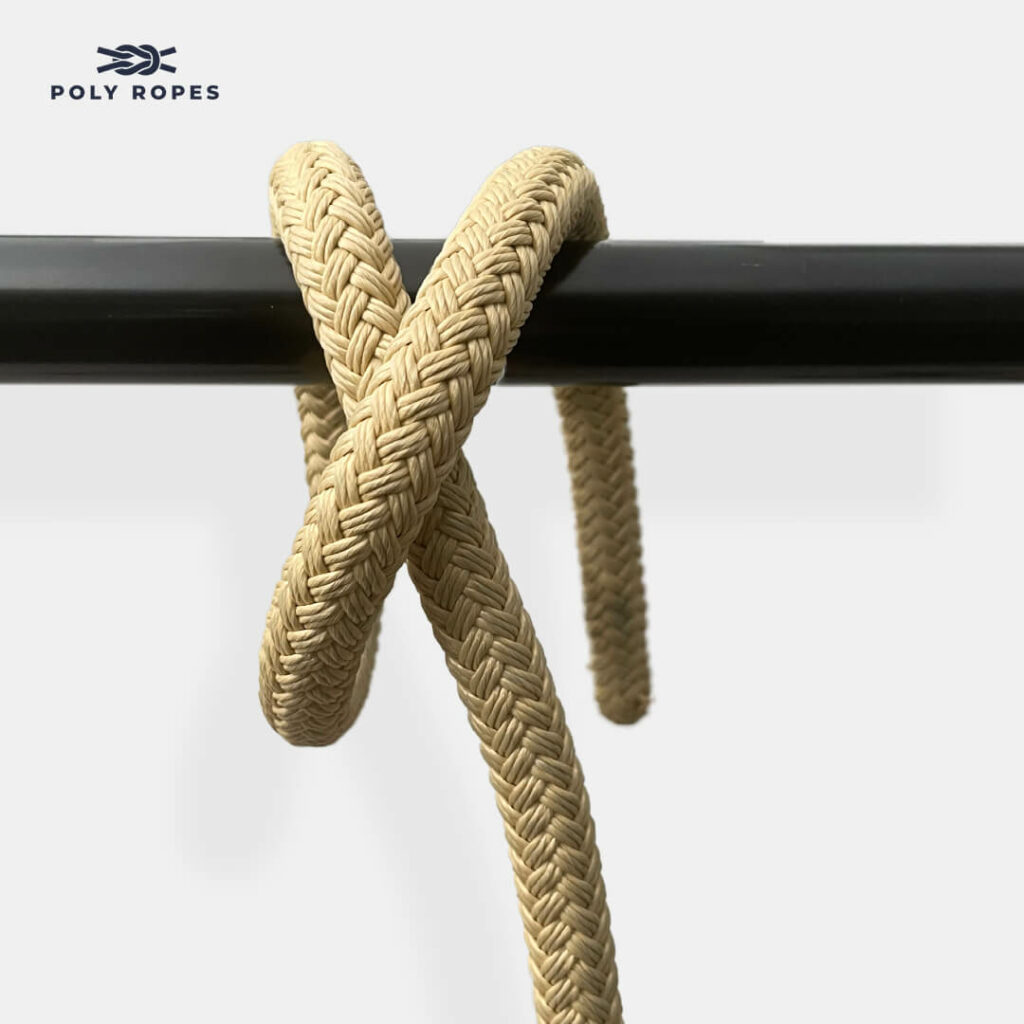
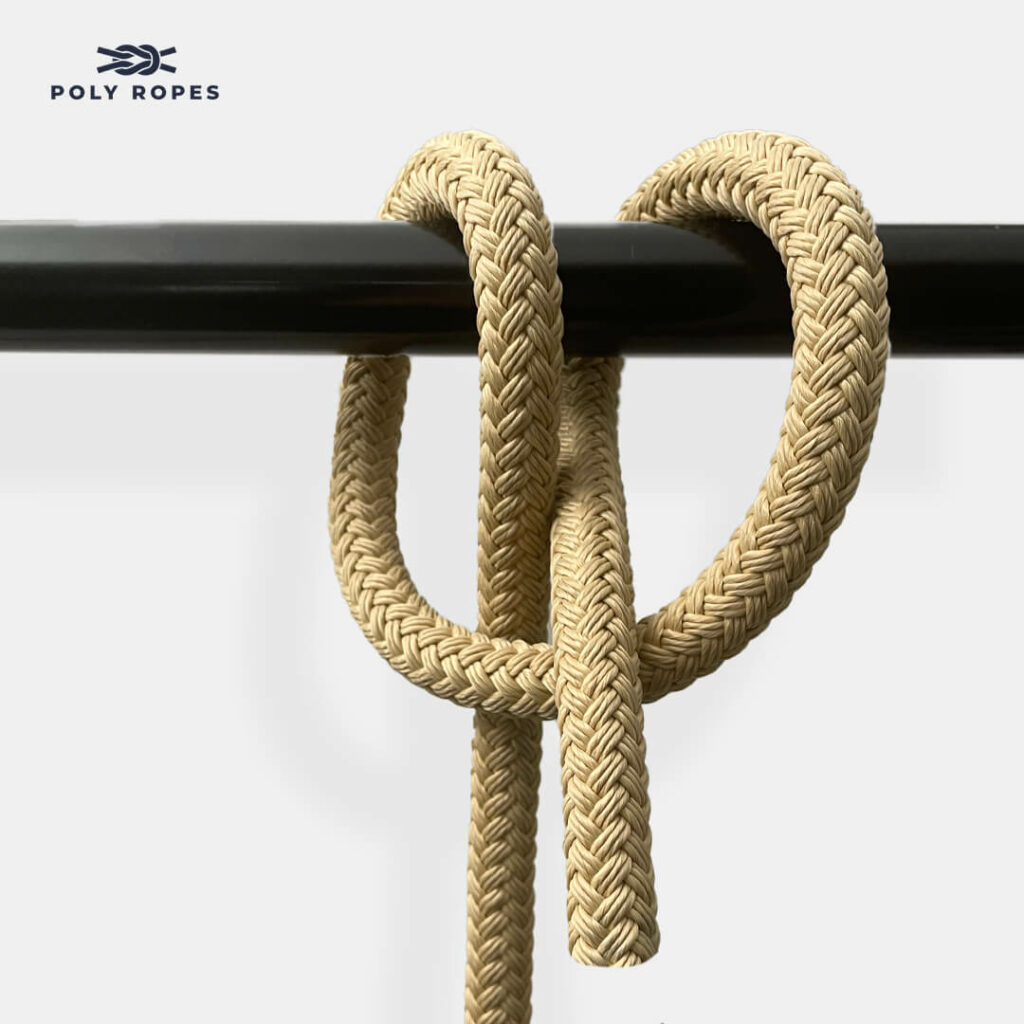
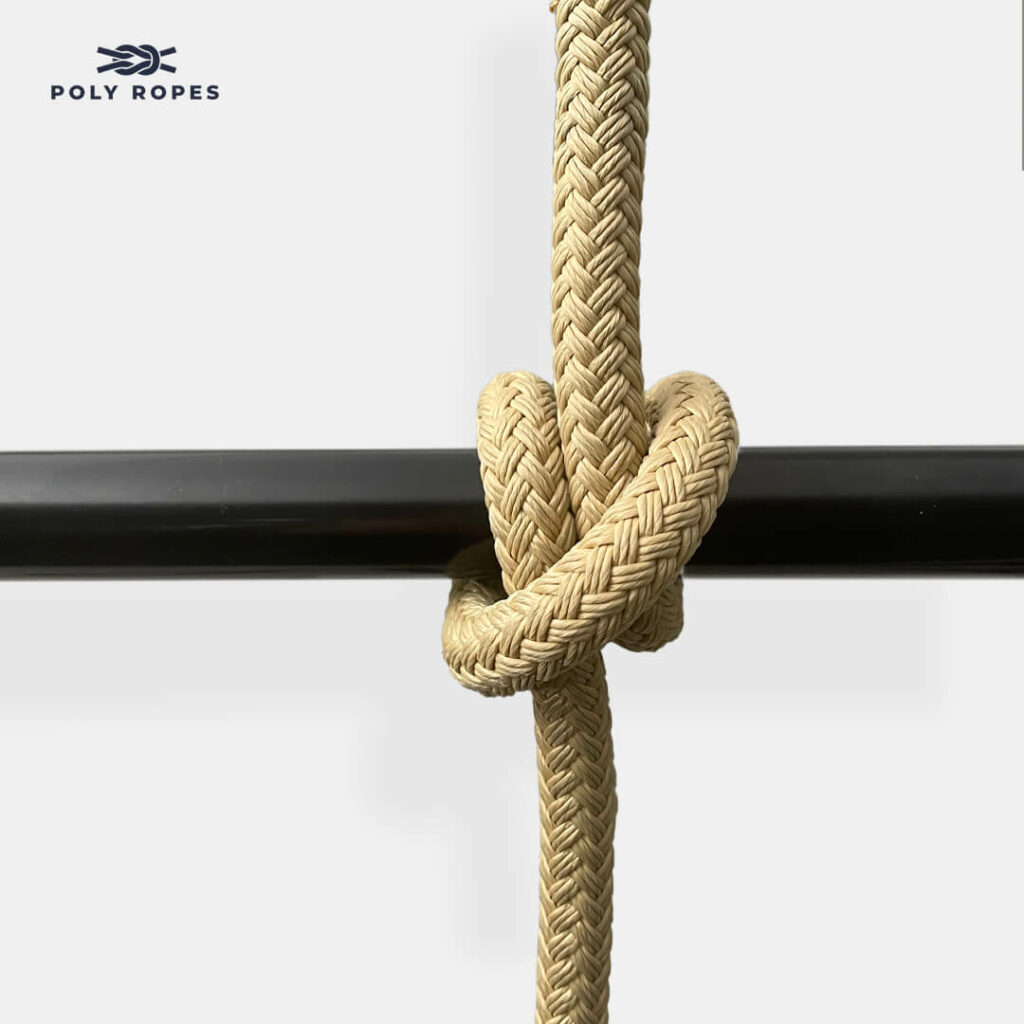
Sheet Bend
The Sheet Bend is a knot where you tie two different lines together. This is especially useful when tying together two different sized lines. The Sheet bend is often used on sail boats to tie the sheet (line) to the sail clew. The Sheet Bend provides a more secure fastening compared to e.g. the Bowline when using most materials. It is also beneficial to use the Sheet Bend when fastening two lines where one of the lines has a fixed loop.
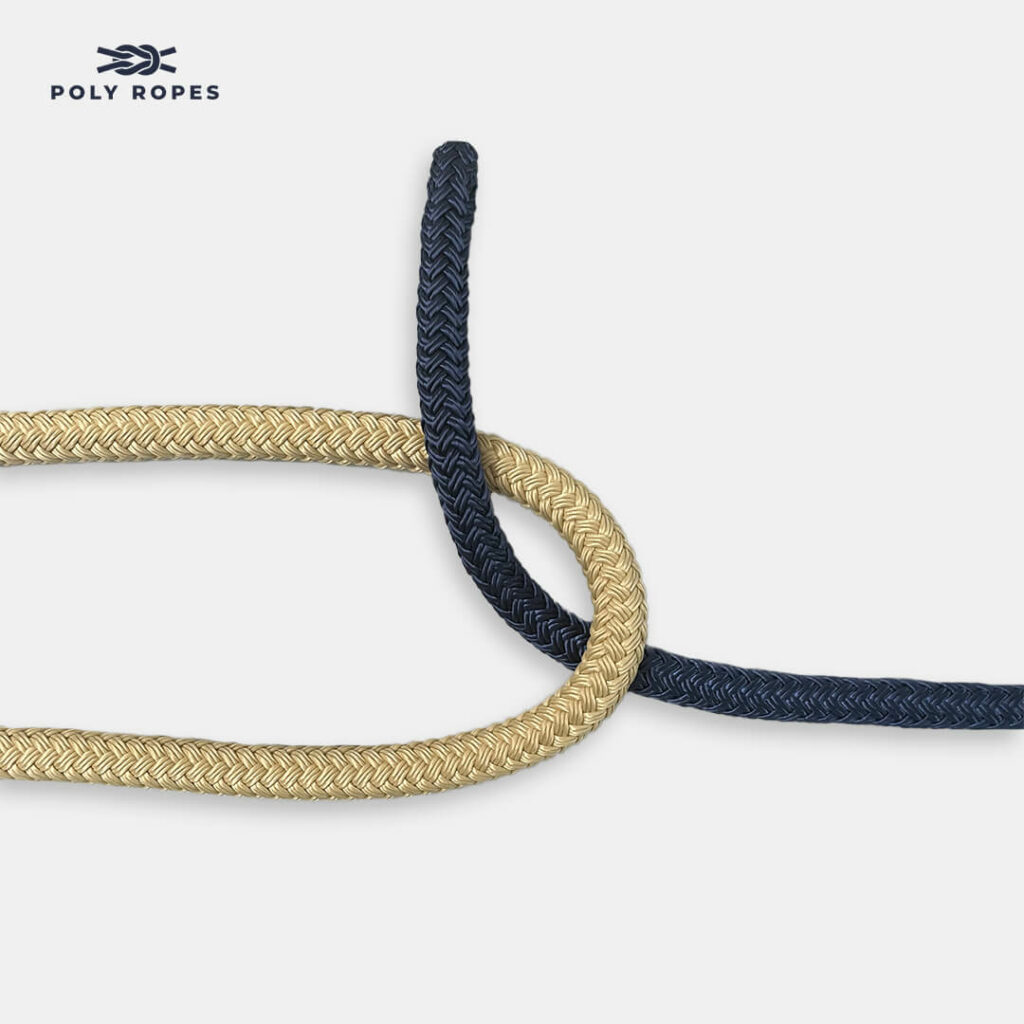
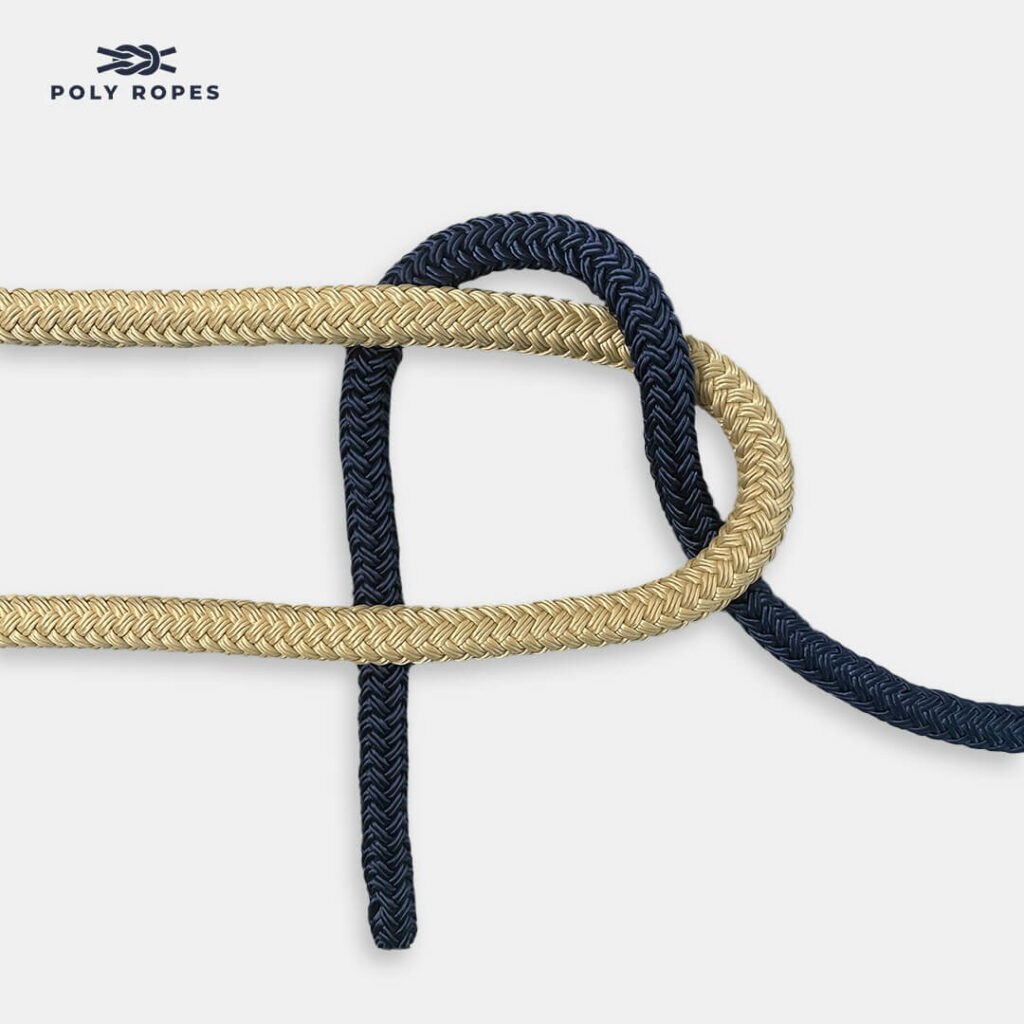
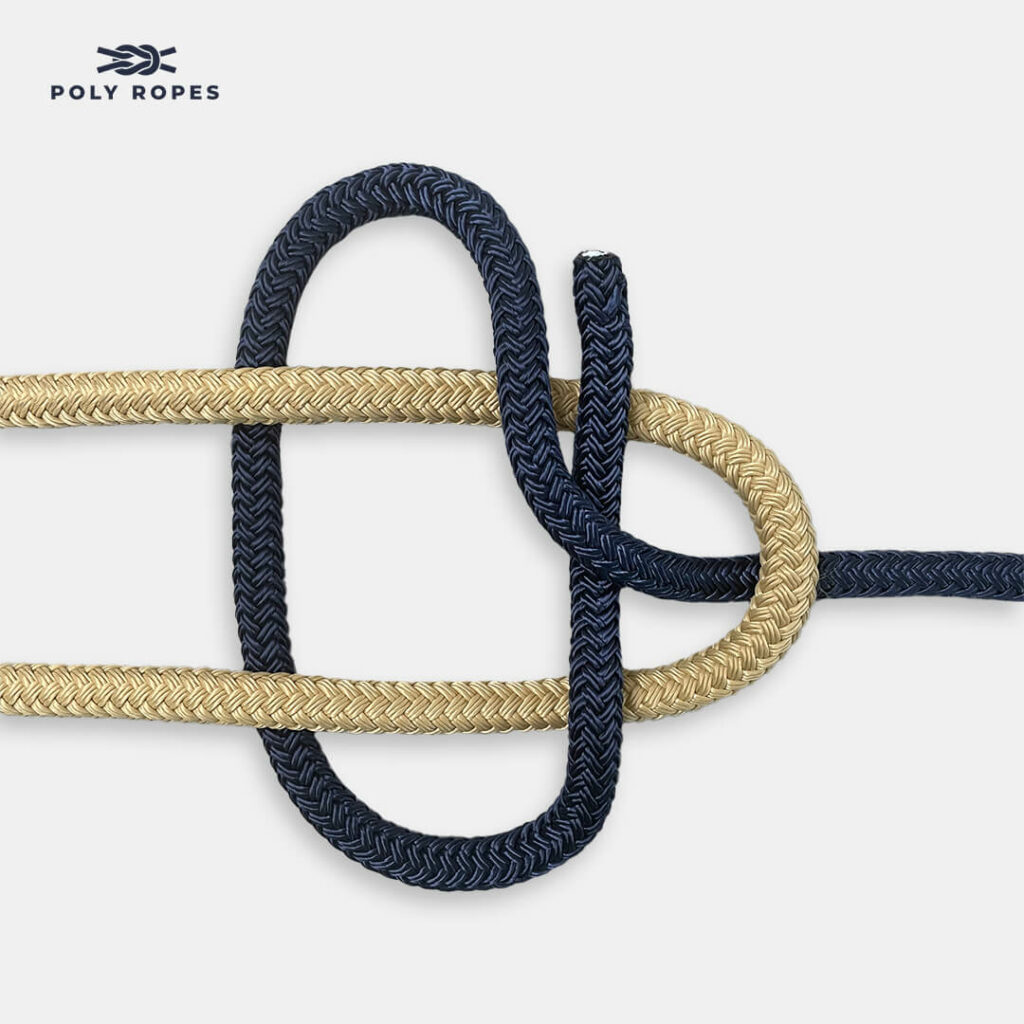

Reef Knot / Square Knot
The ribbon knot is a knot that can be used when joining two ropes of the same thickness.
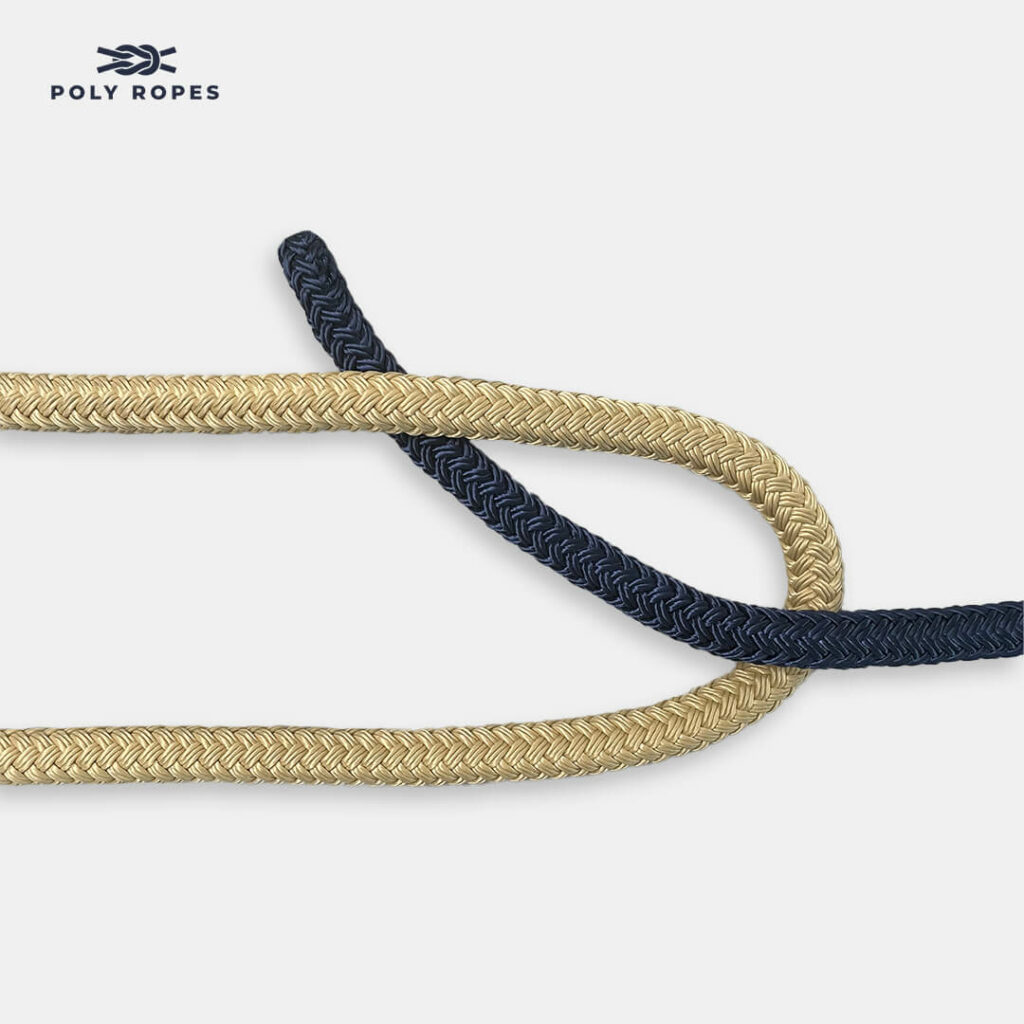
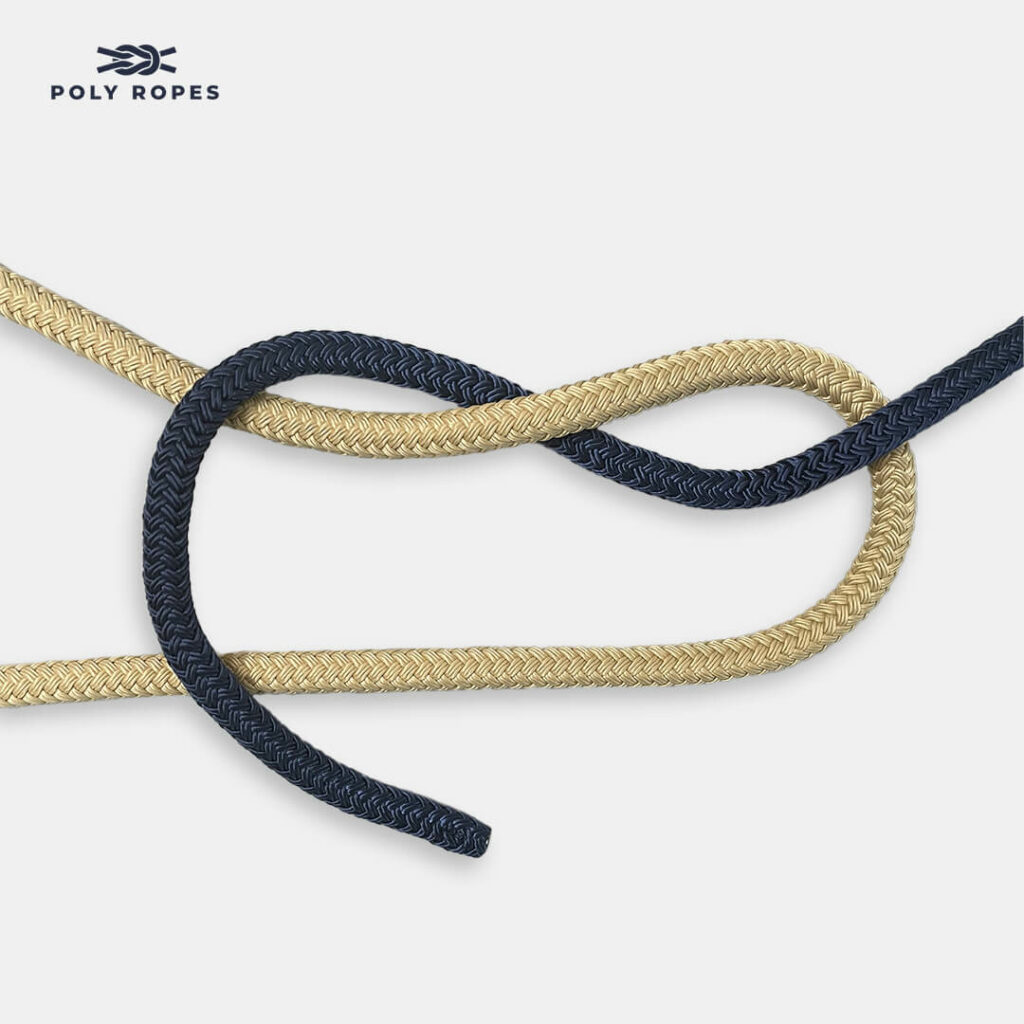
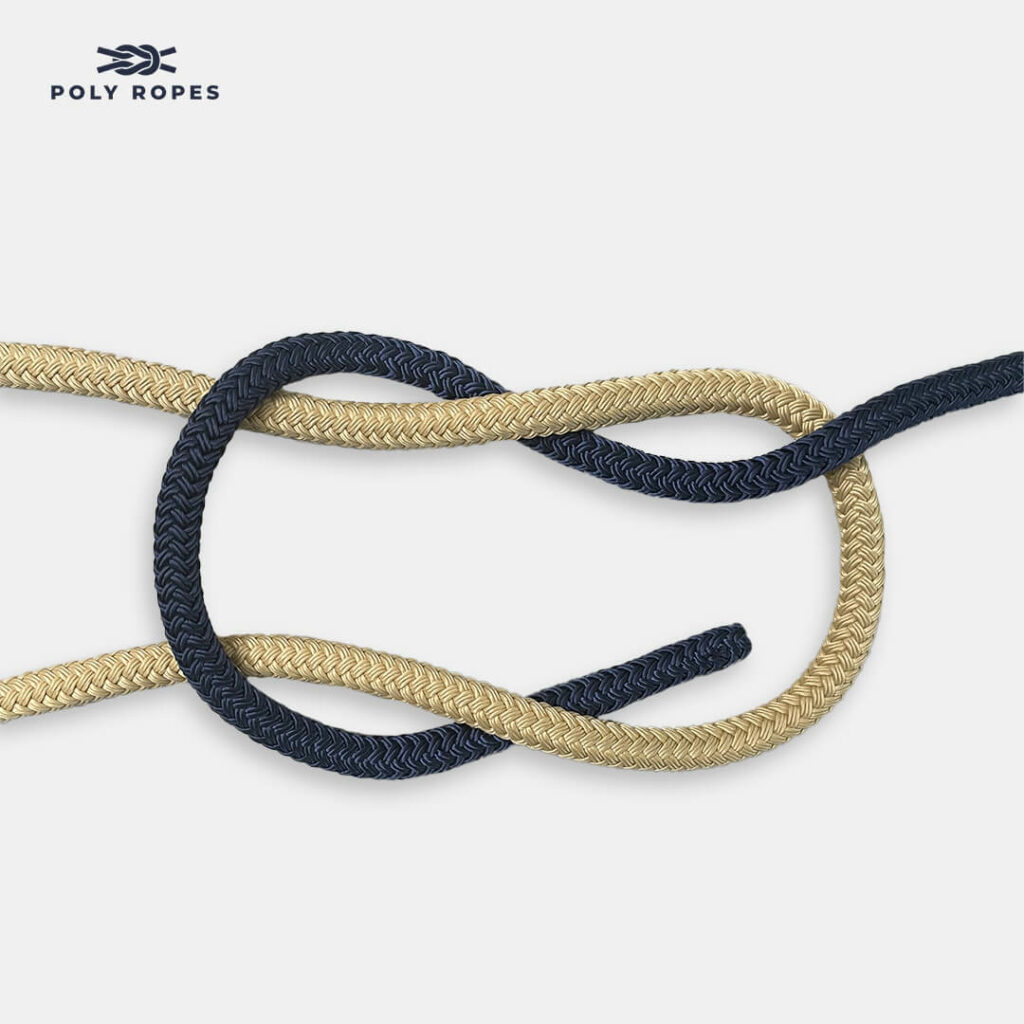
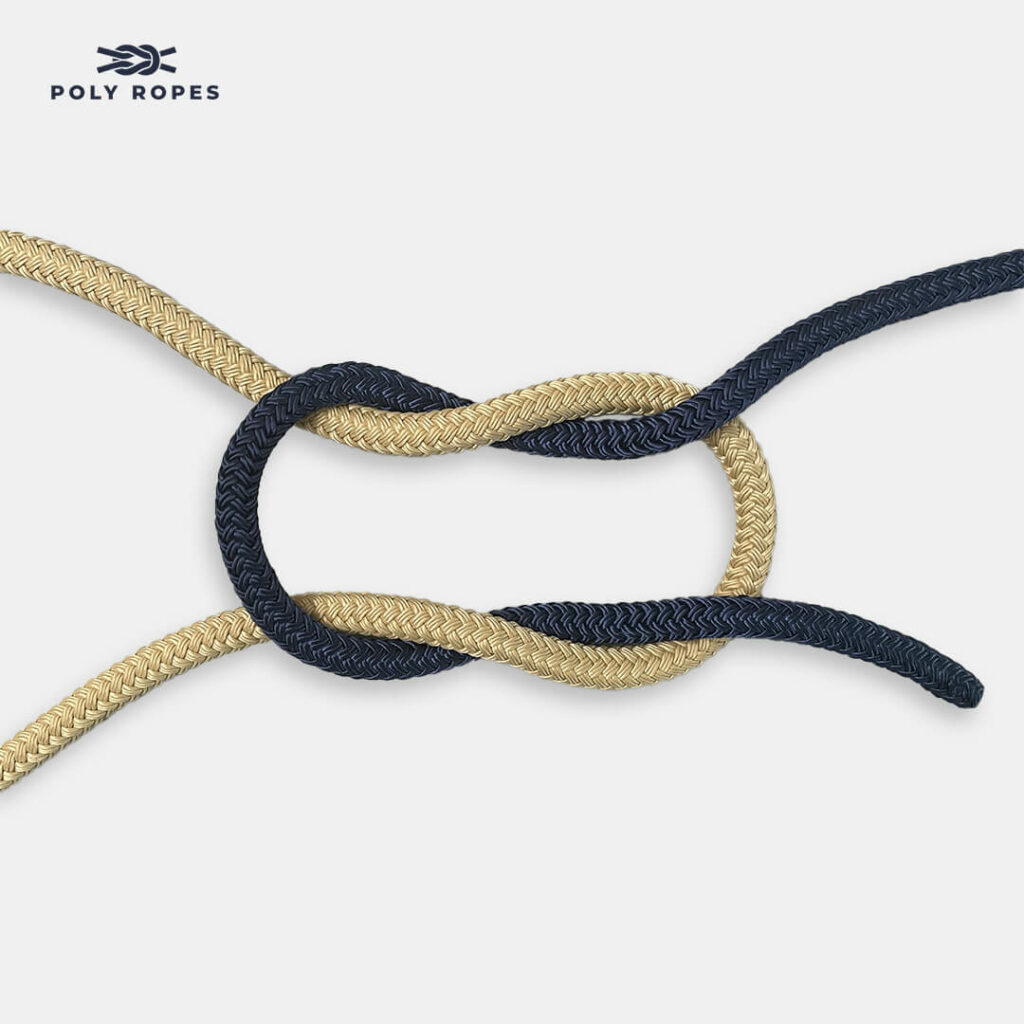
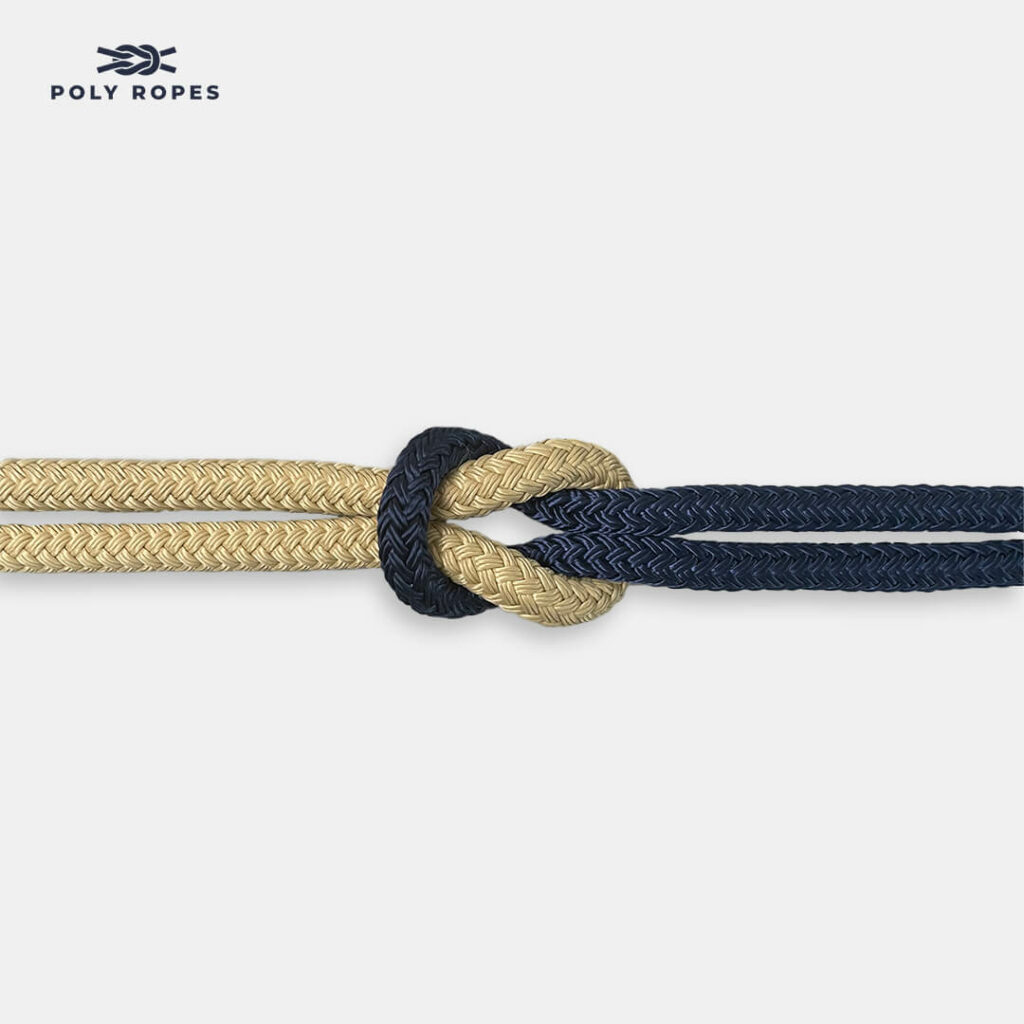
Overhand Knot
The Overhand Knot is a very simple knot. It is very useful as a stopper knot, for example when a line shouldn't run through a loop. When under high strain the knot can become very tight and difficult to undo.
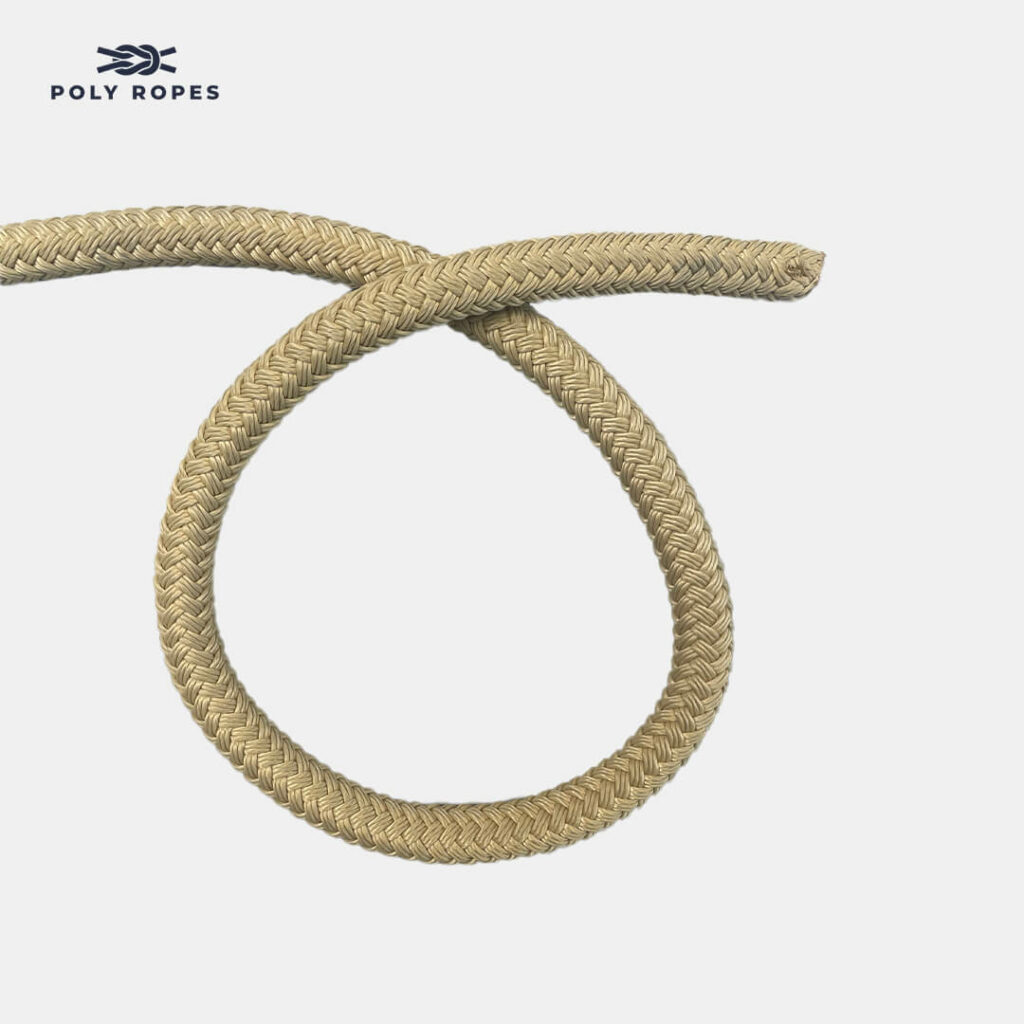
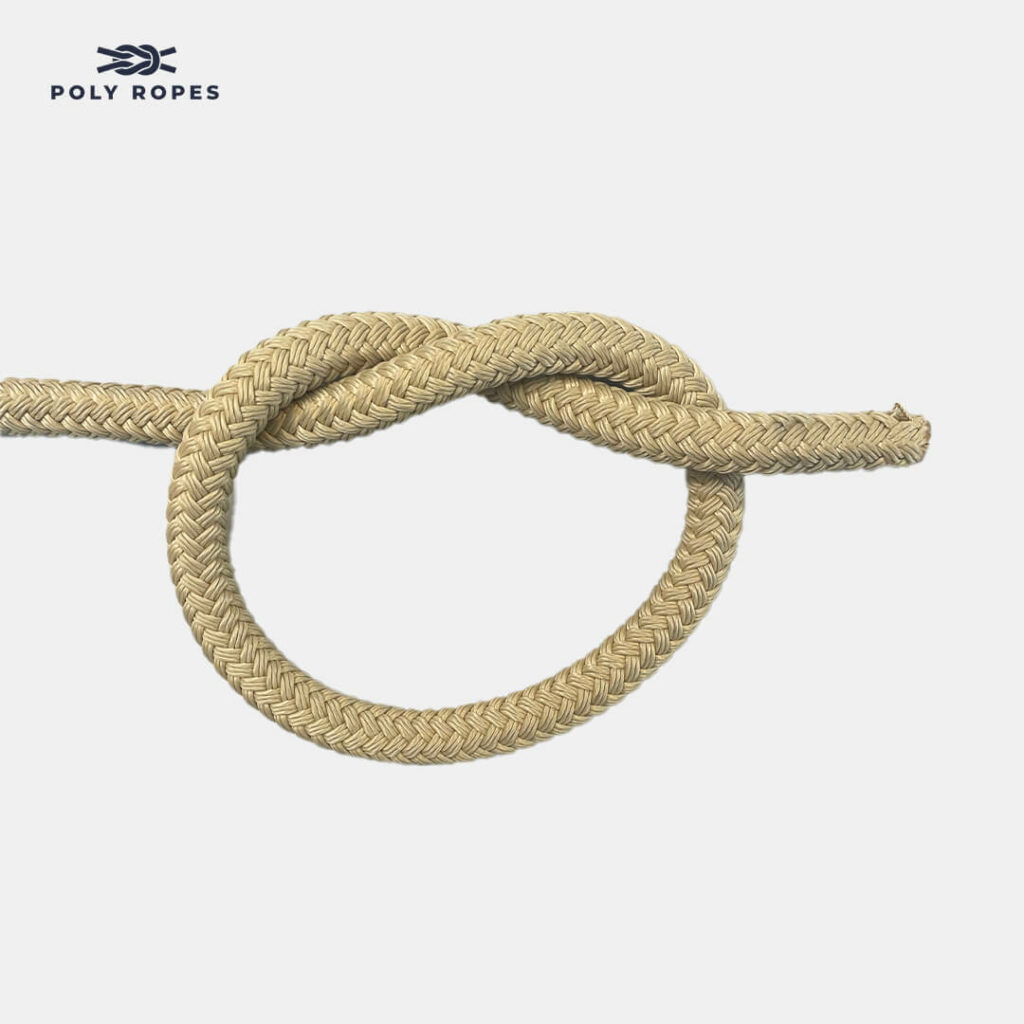
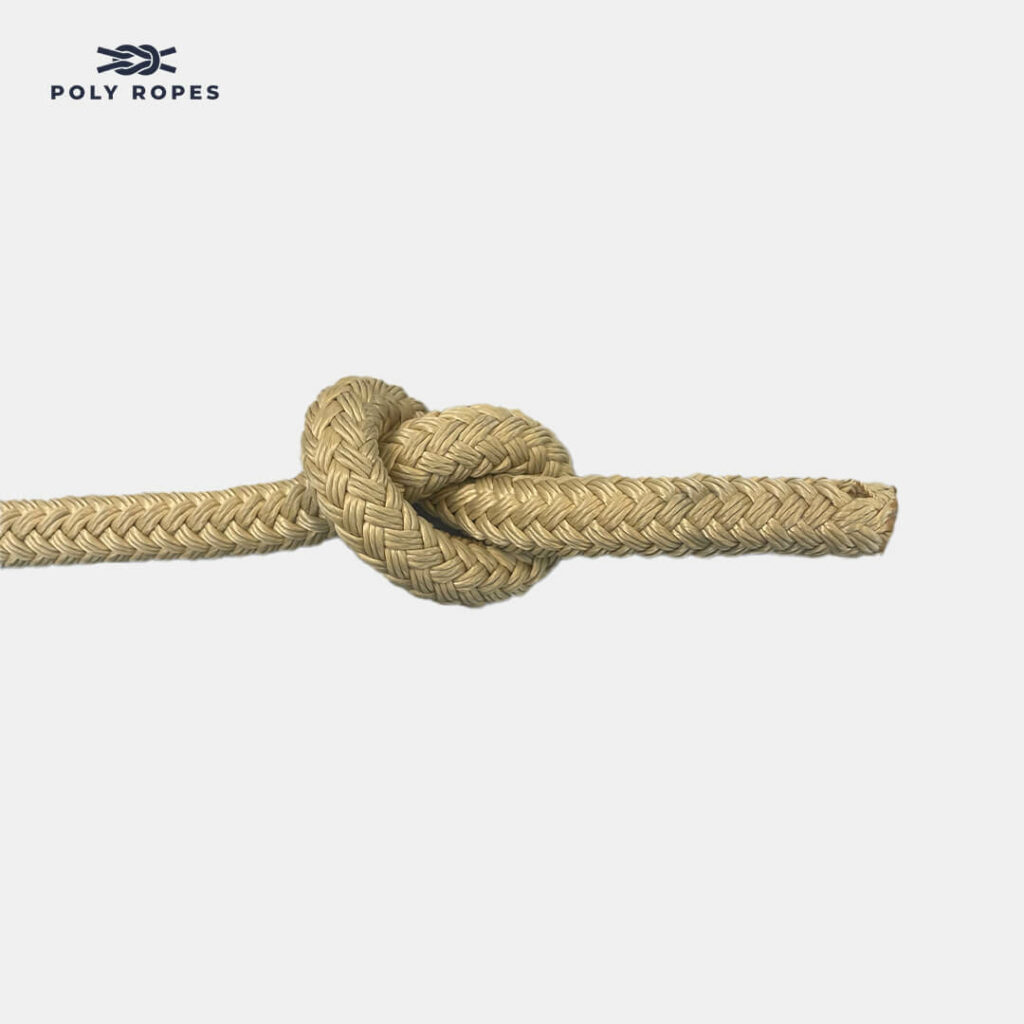
Anchor Hitch
The Anchor Bend is often used to fasten the achnor line to the anchor or to a ring.

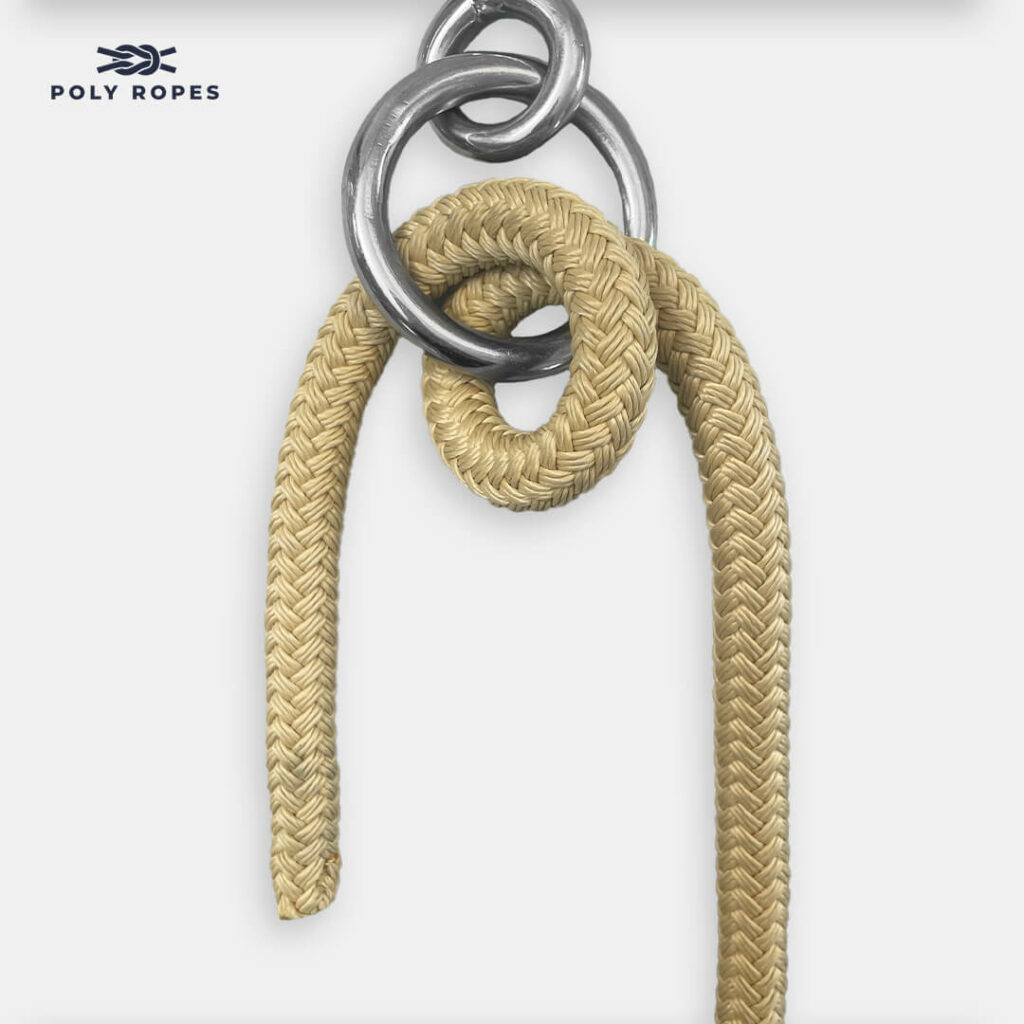
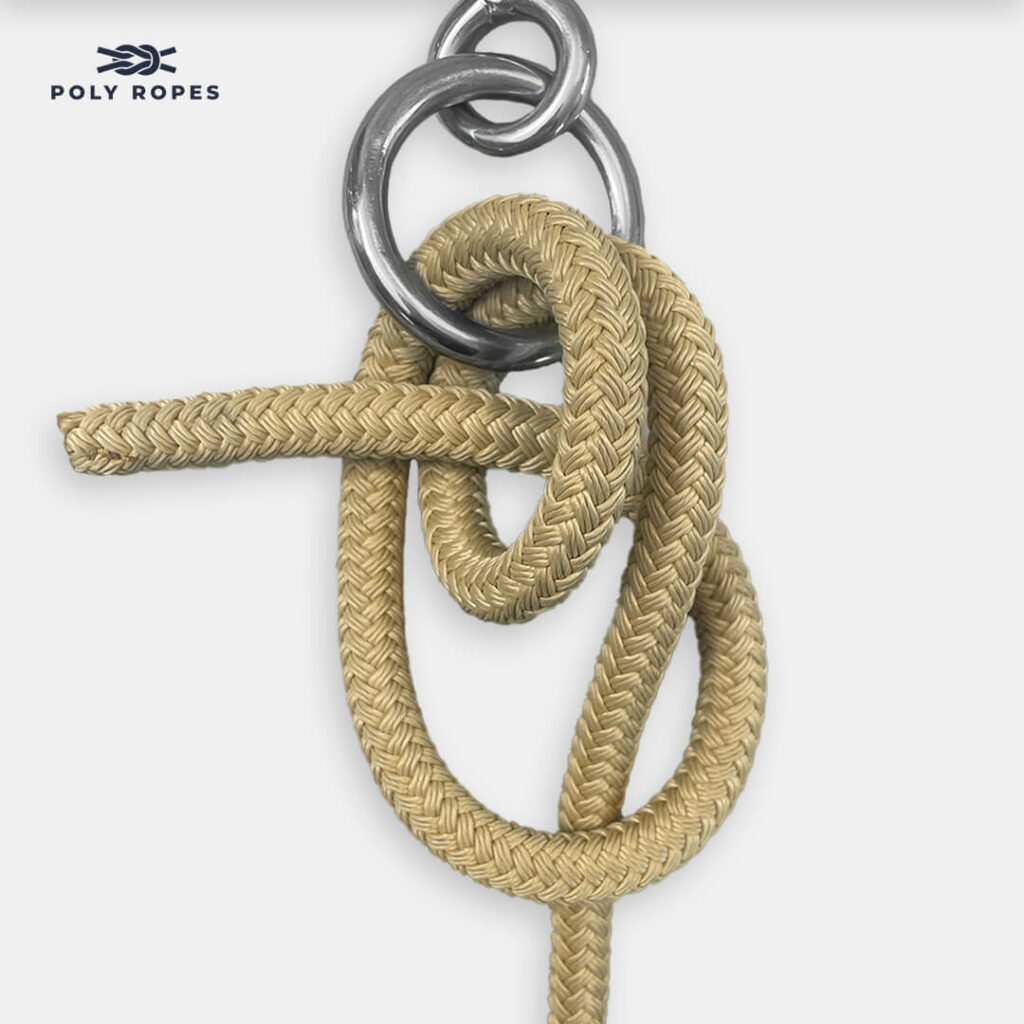
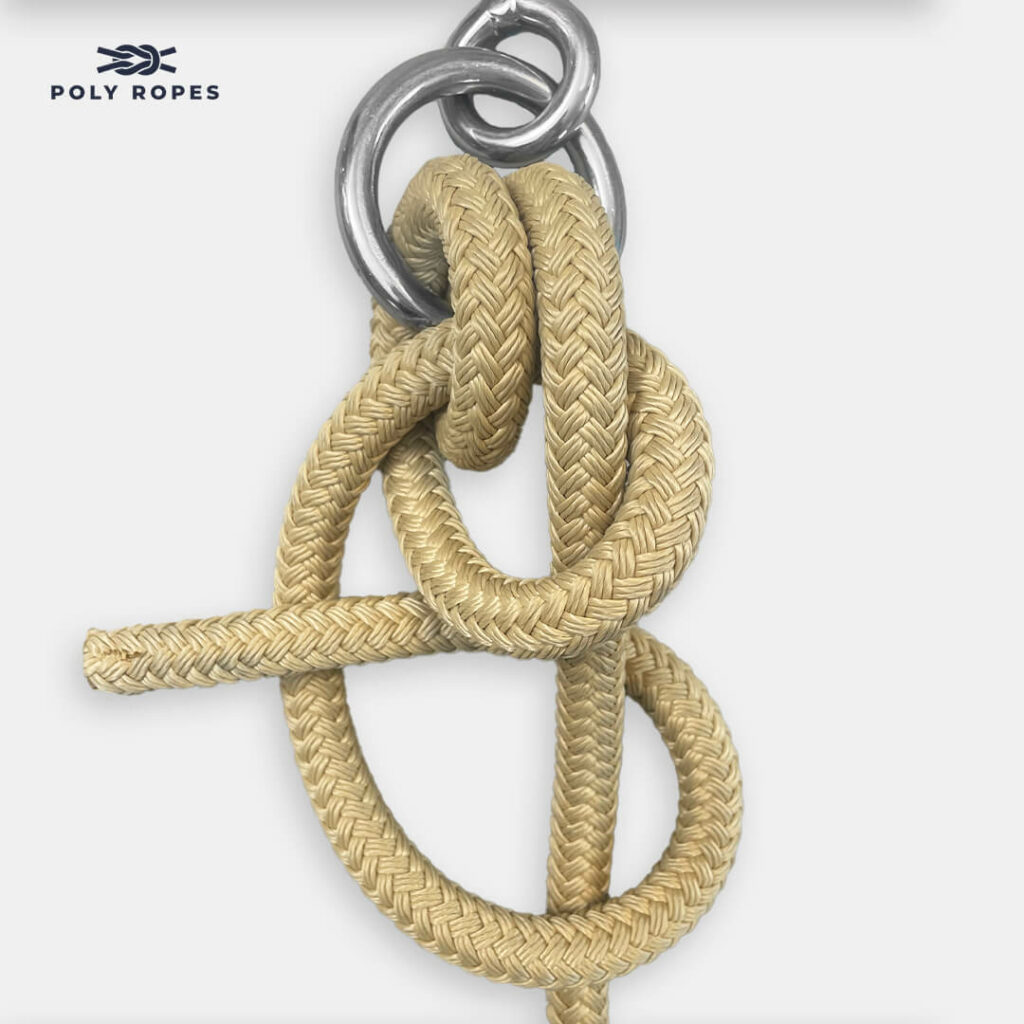
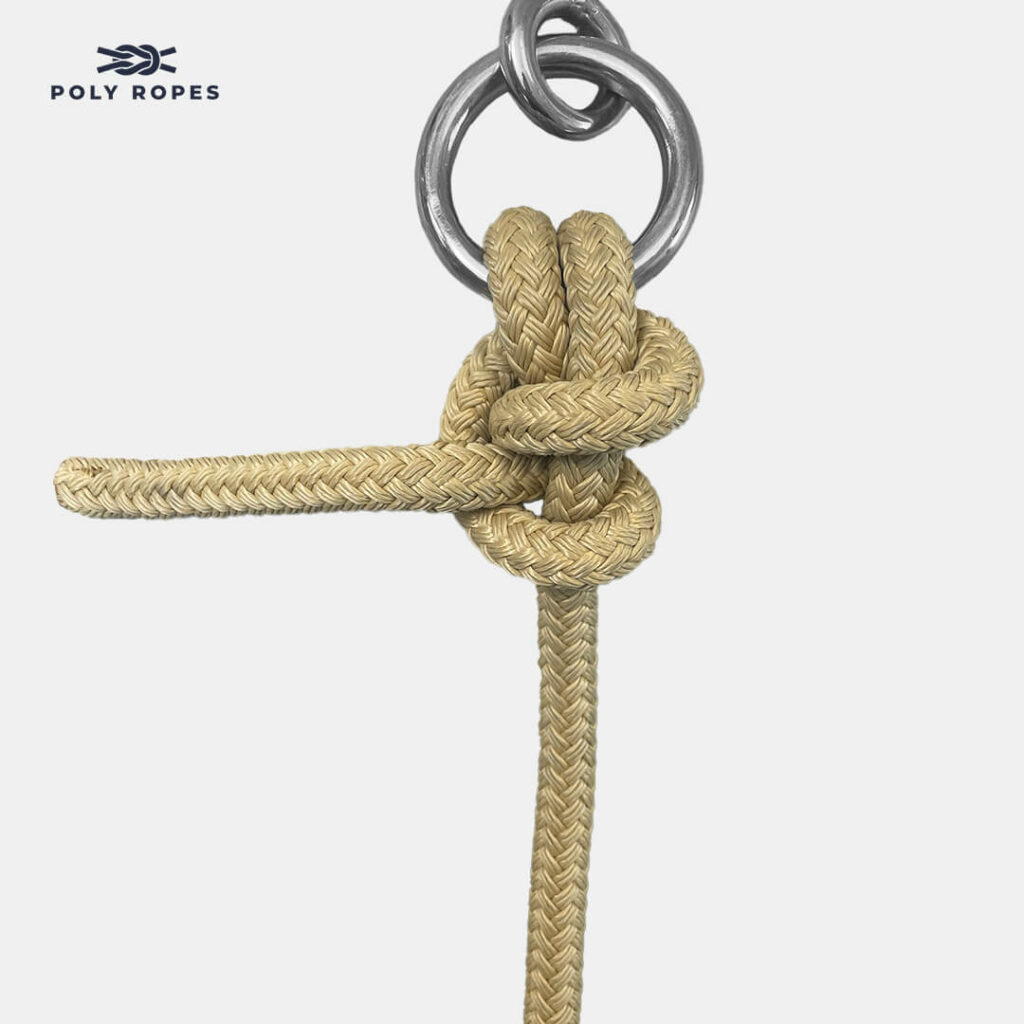
Here you can find our anchors
Figure-eight Knot
The Figure-eight Knot is a very useful stopping knot that is often used by sailor to prohibit sheet (lines) from running through the loop. The knot is also called the Double Stopper or Savoy Knot. If you tie the knot with the rope folded you get the Double Figure-eight, which is often used in climbing.
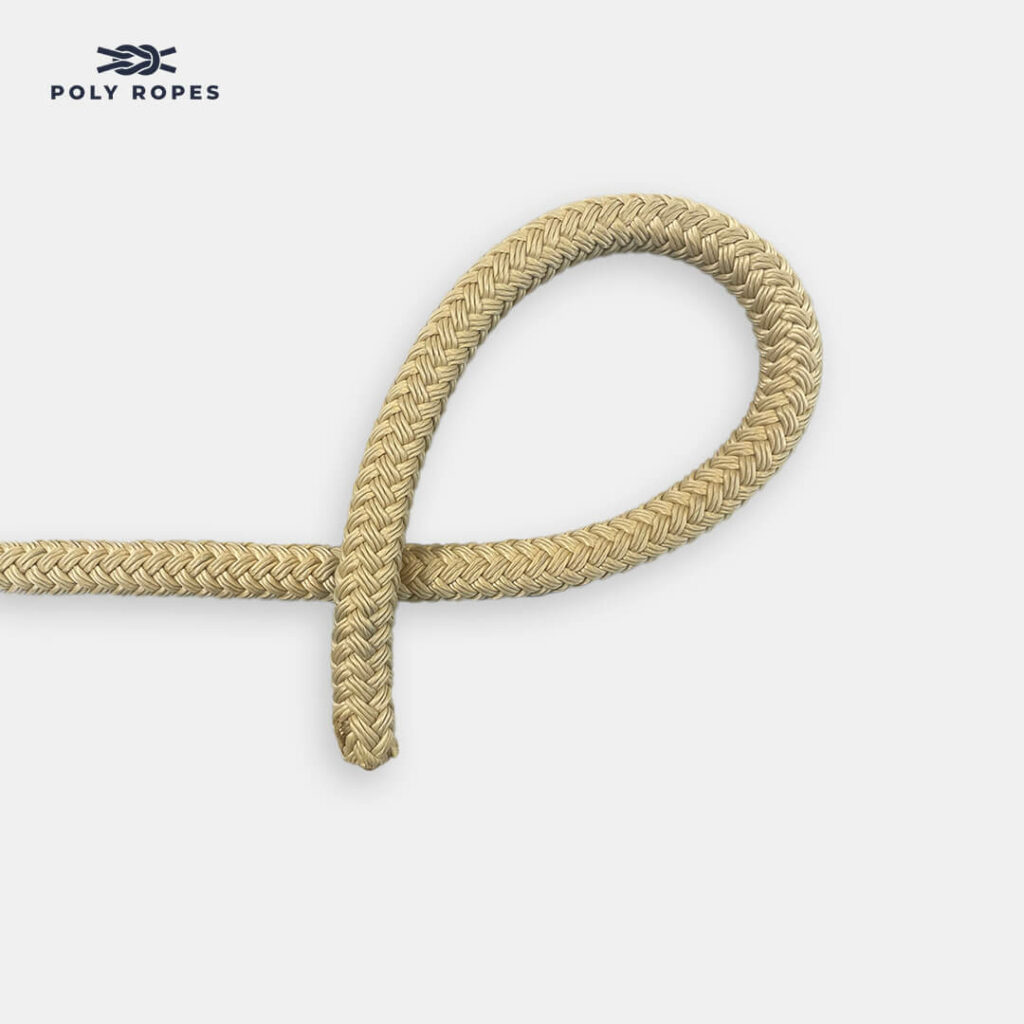

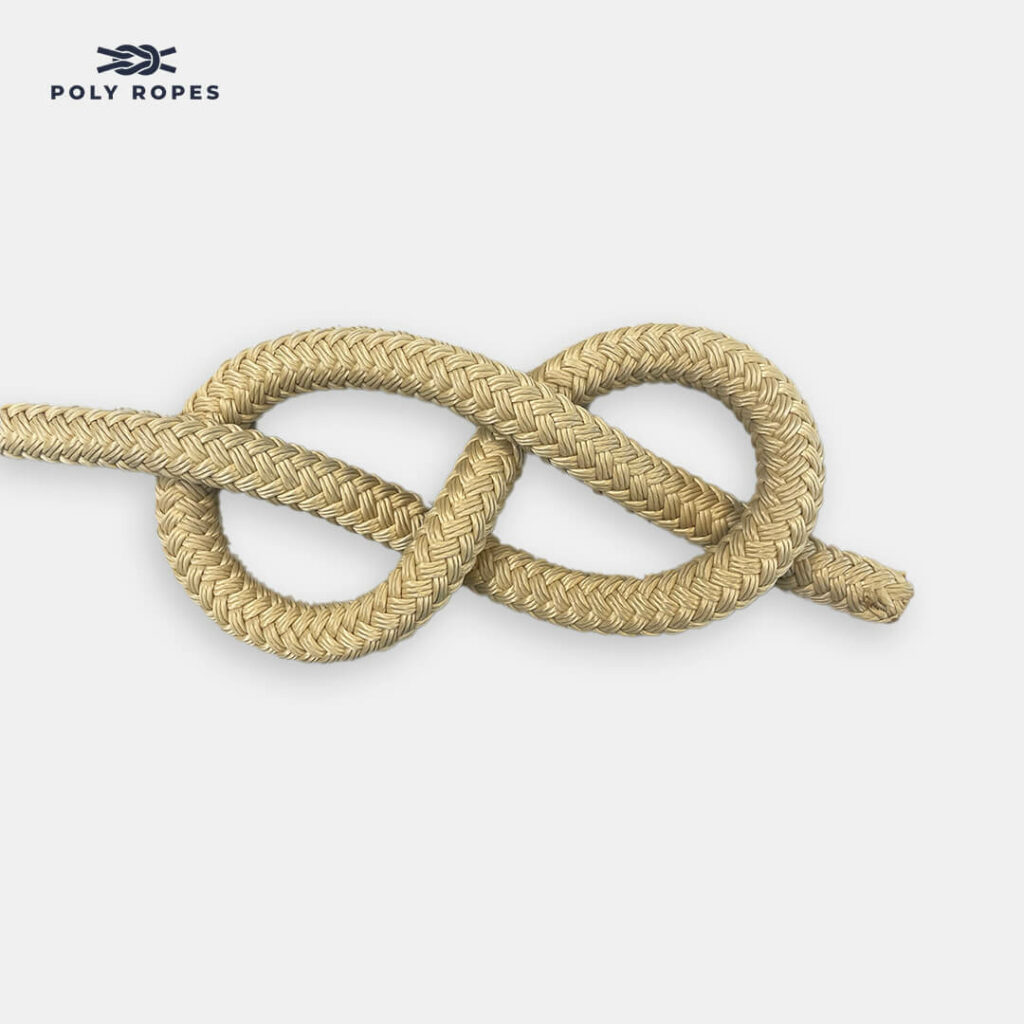
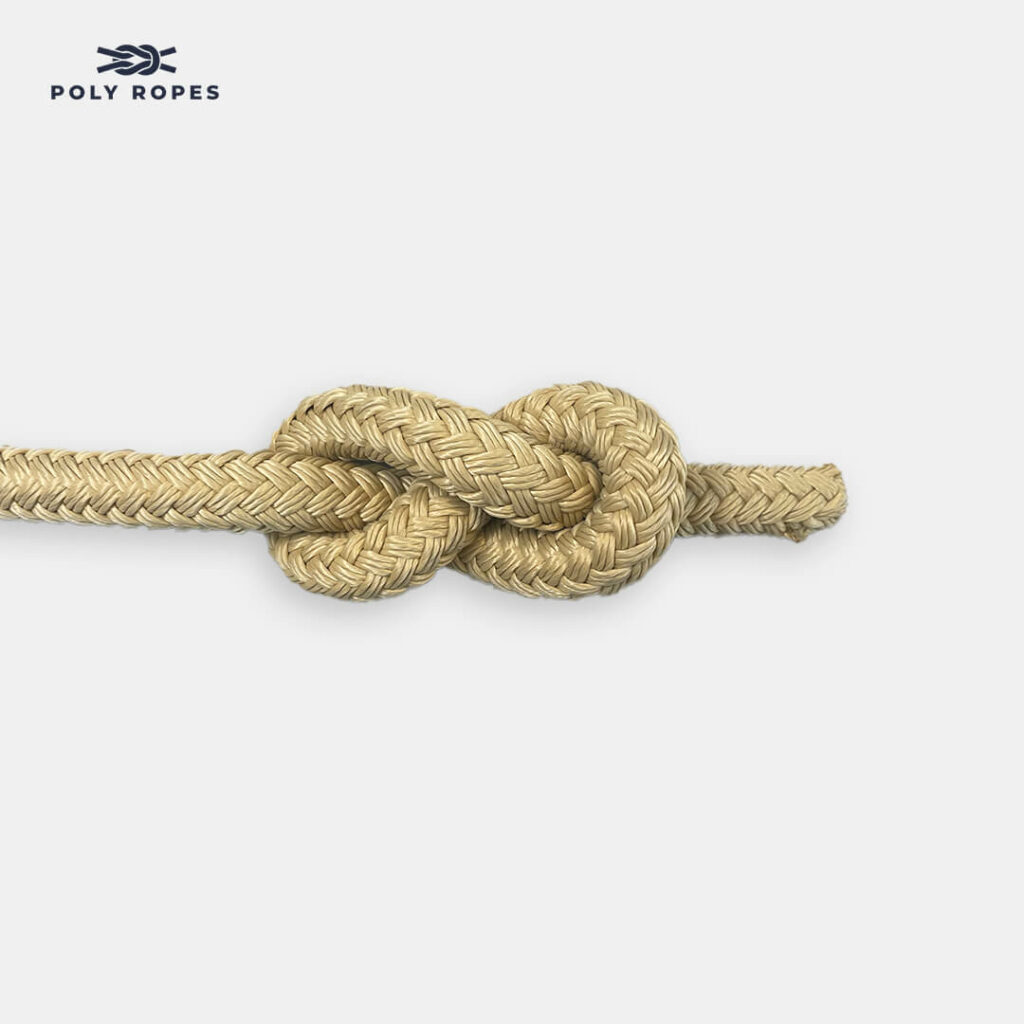
Double Dragon Loop
The Double Dragon Loop is a knot you can use to make a loop at one end of the rope. The advantage of this knot over a stake knot is that it fits ropes with a slippery surface. The knot is relatively easy to untie even after high loads.
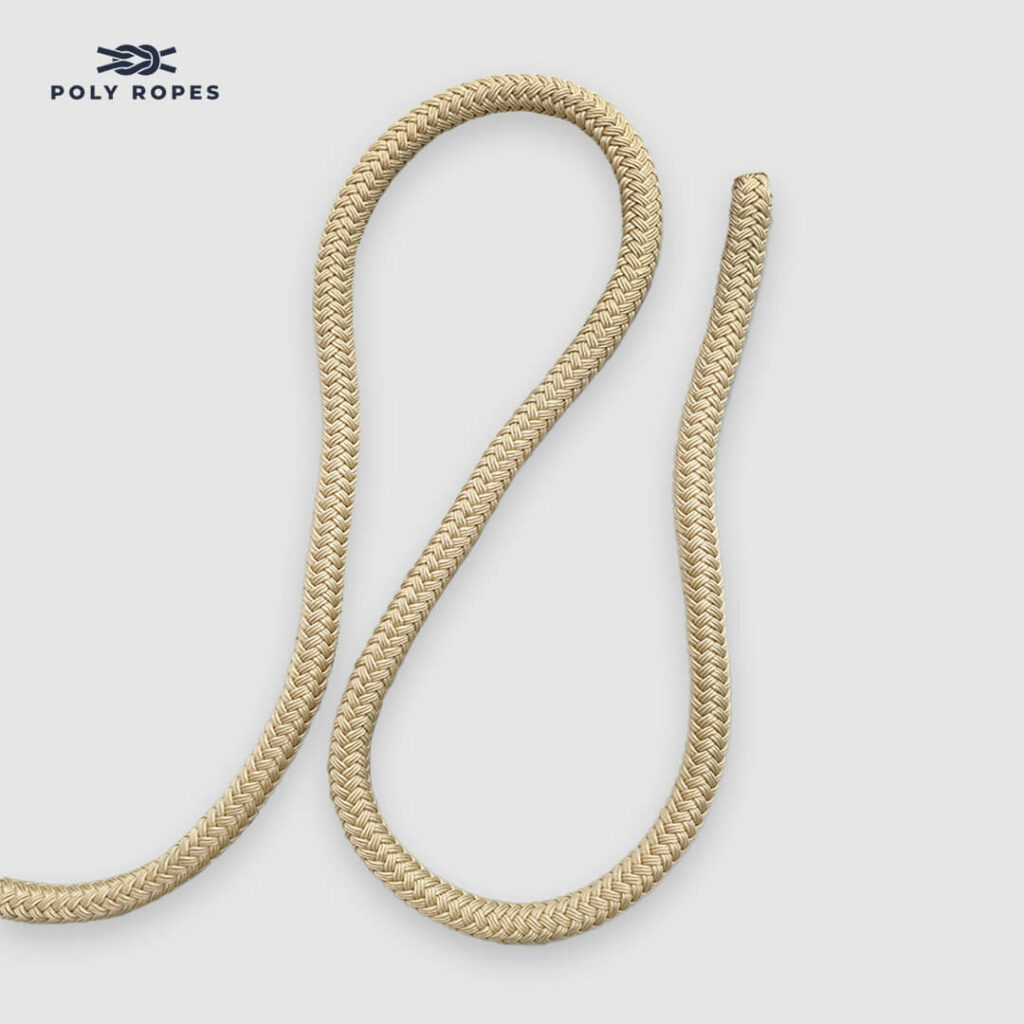
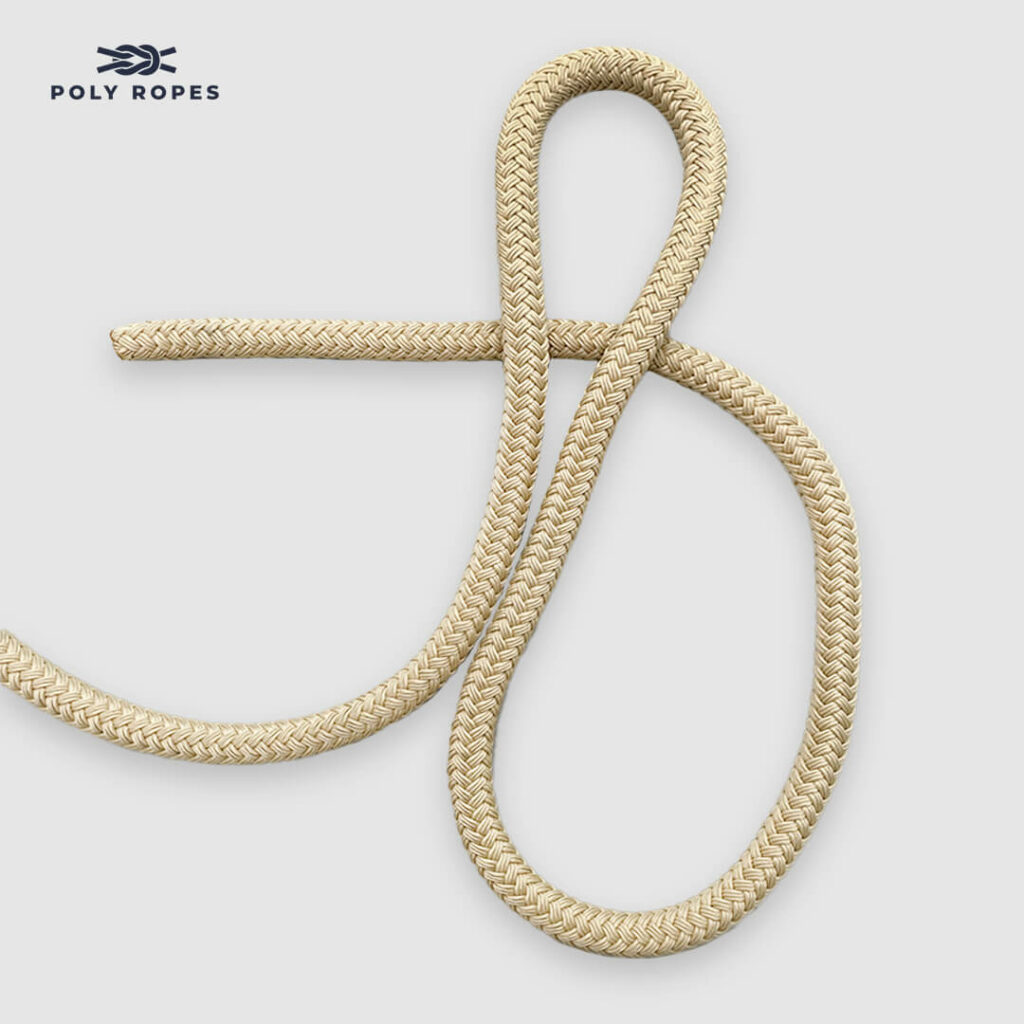

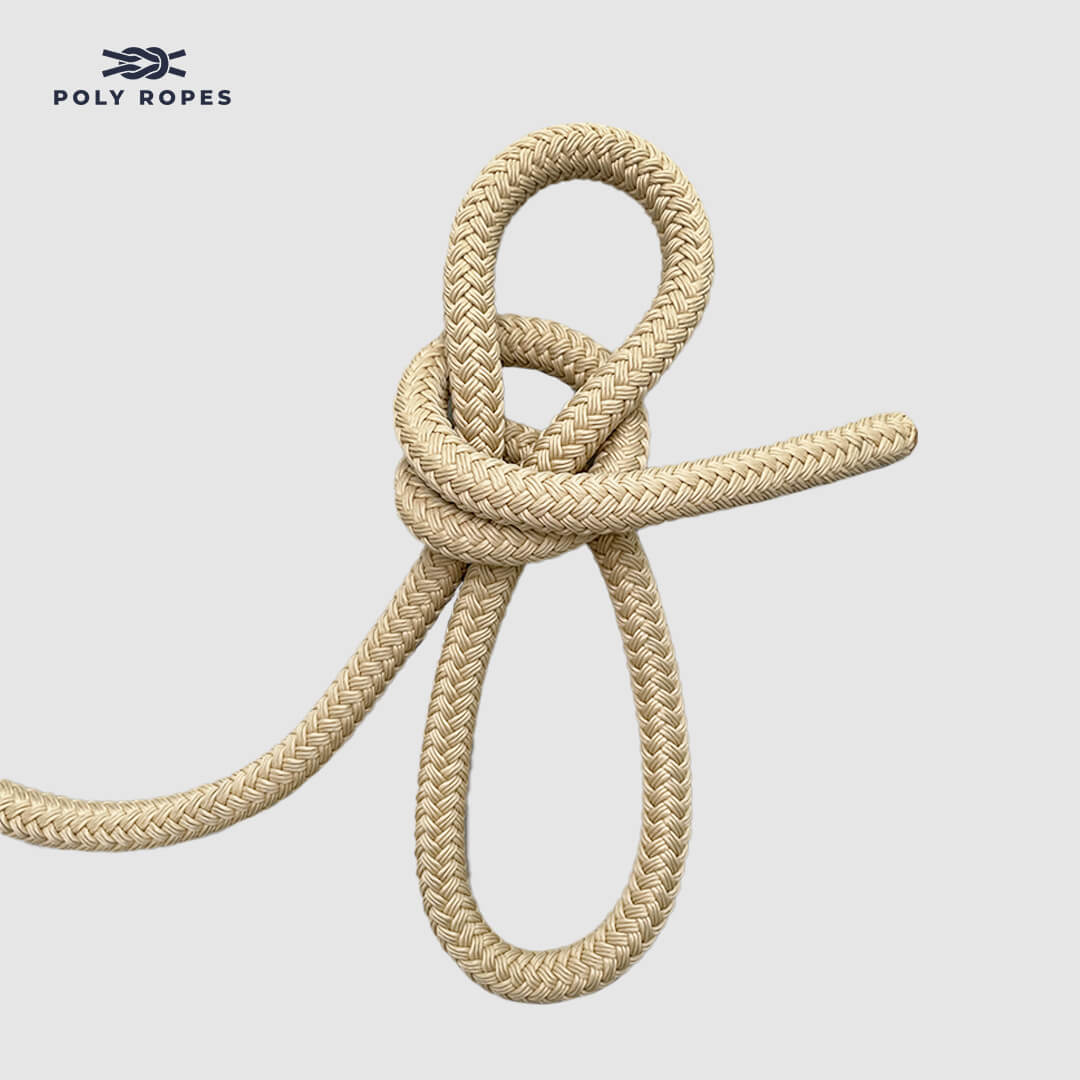
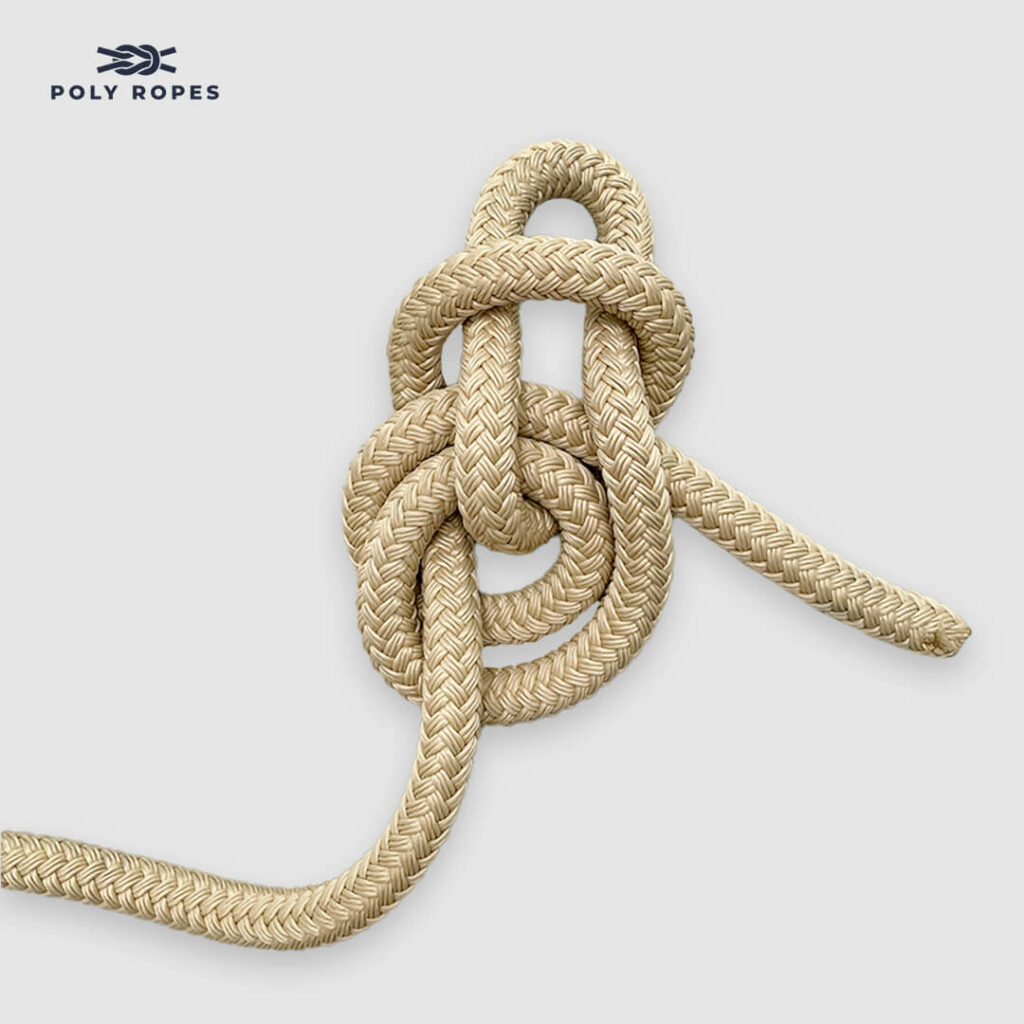
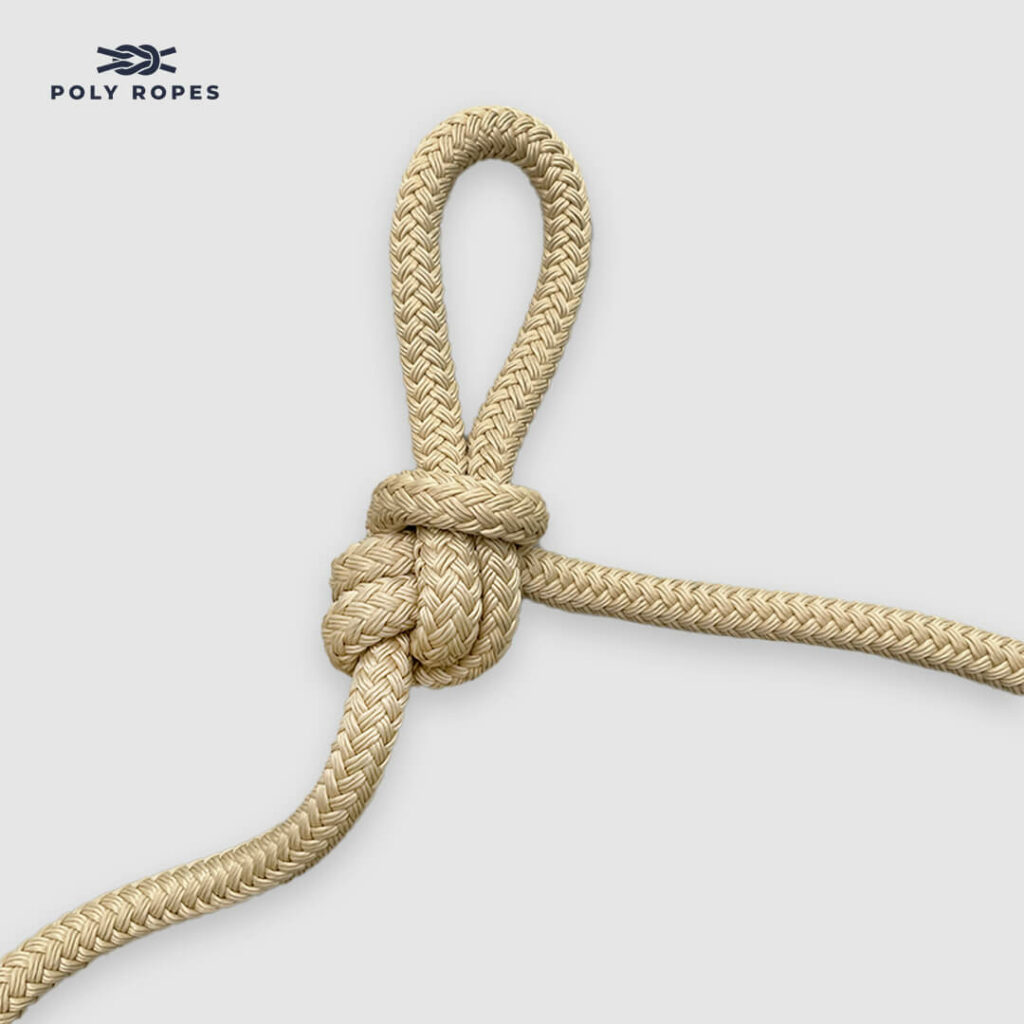
Here you can find our anchors
Soft shackel
In this video you will learn how to make your own soft schackel. A soft schackel is a useful tool in sailing that can be used to connect different types of lines and ropes. To make a soft schackel, you need a strong rope, a splicing needle and wire.
Products we use in the film:
Here you can find a list of even more boating knots.

